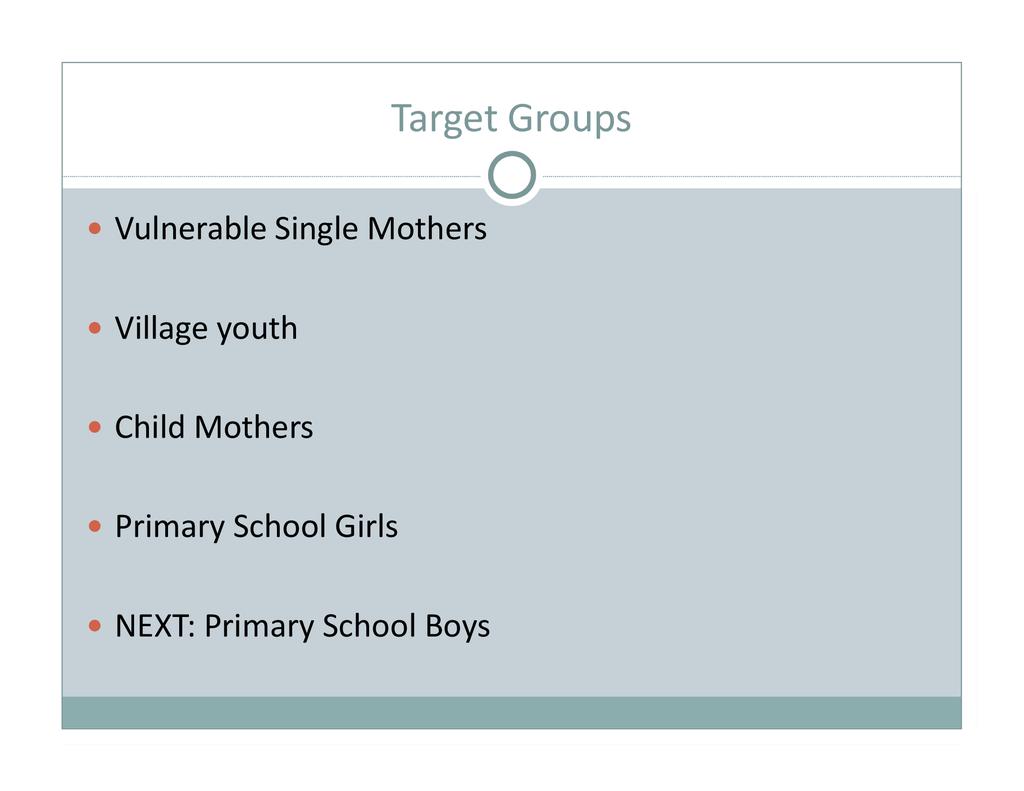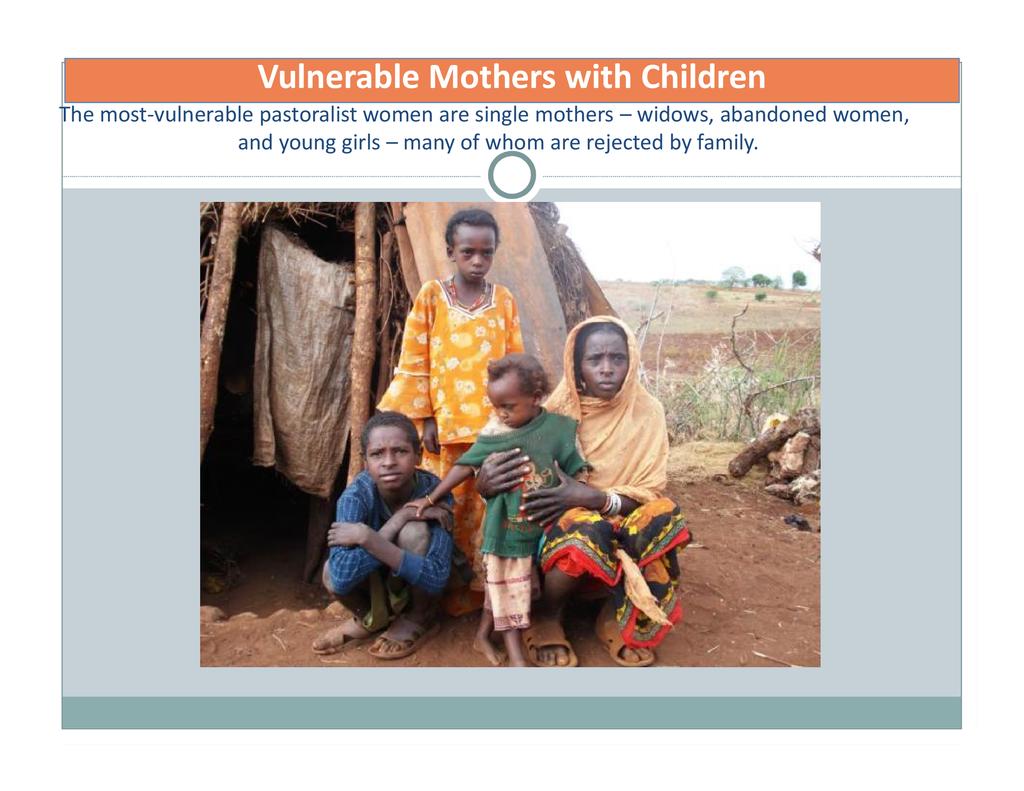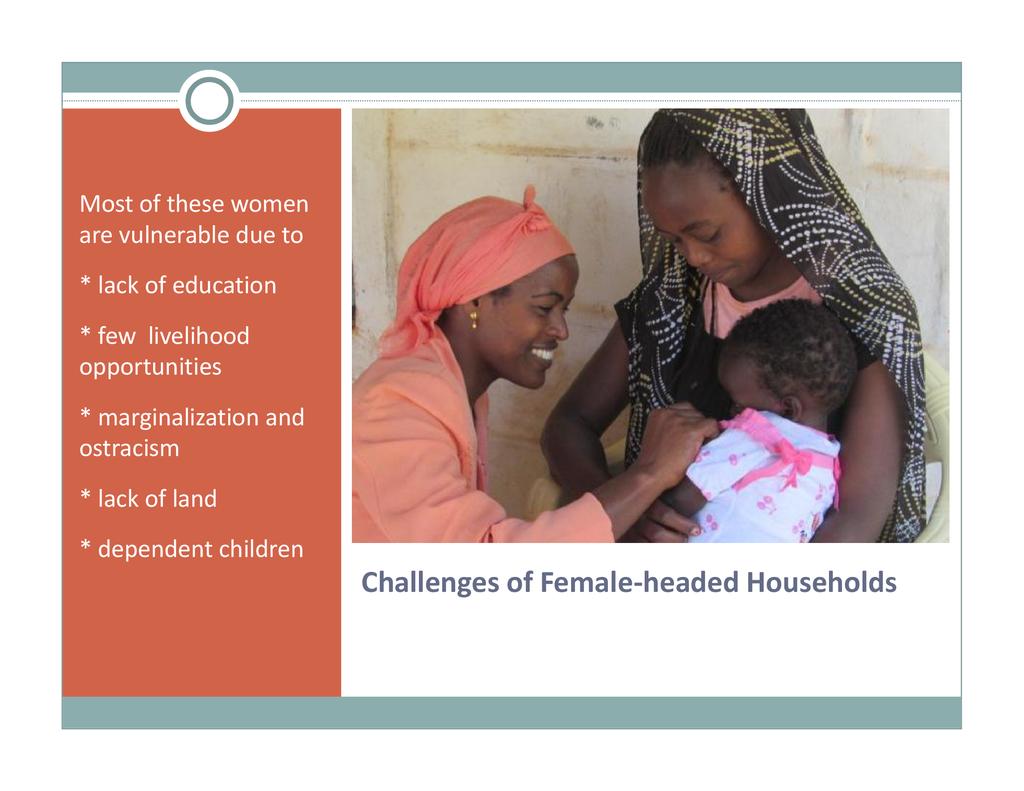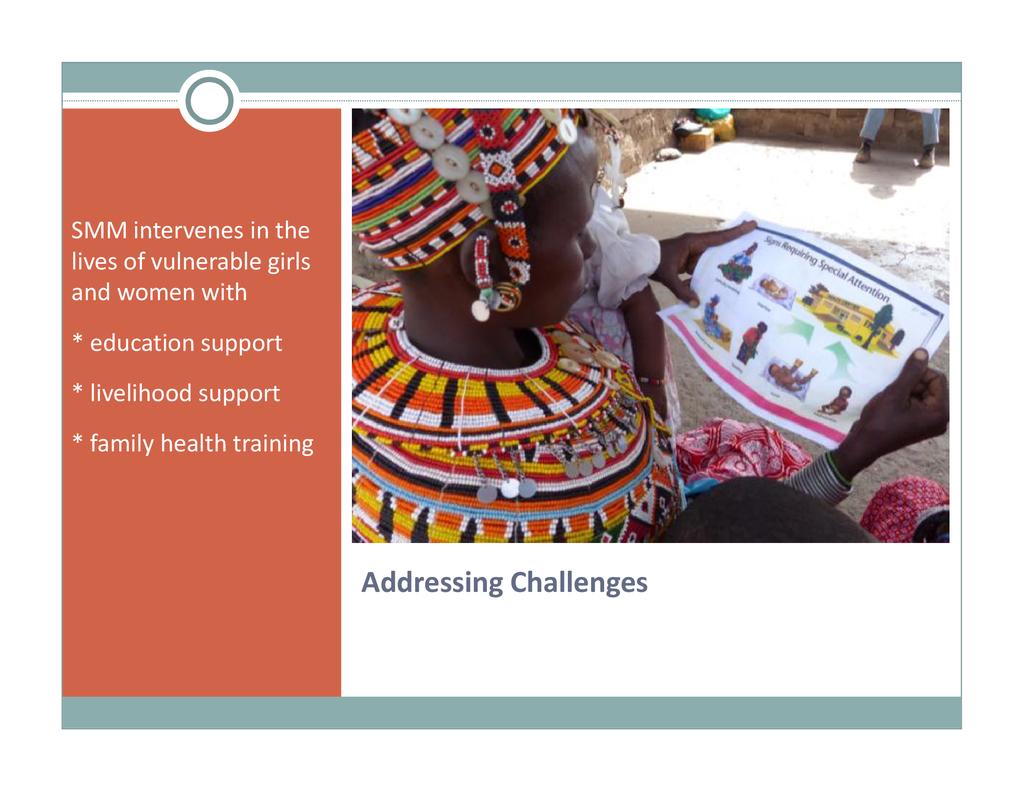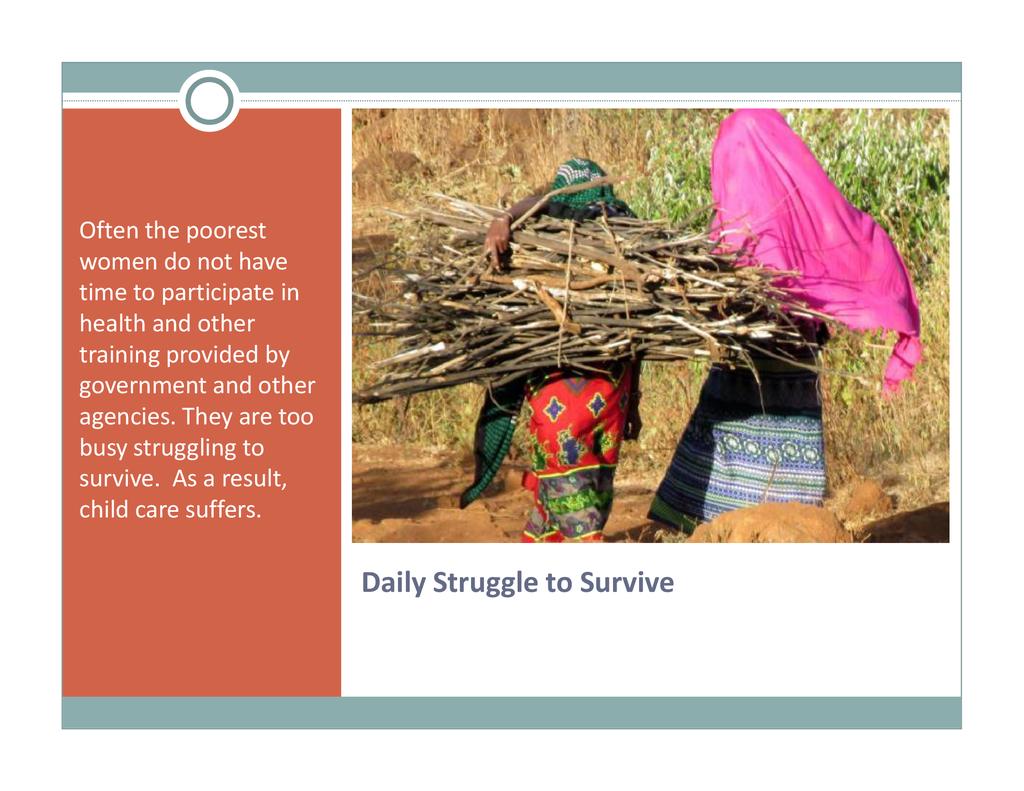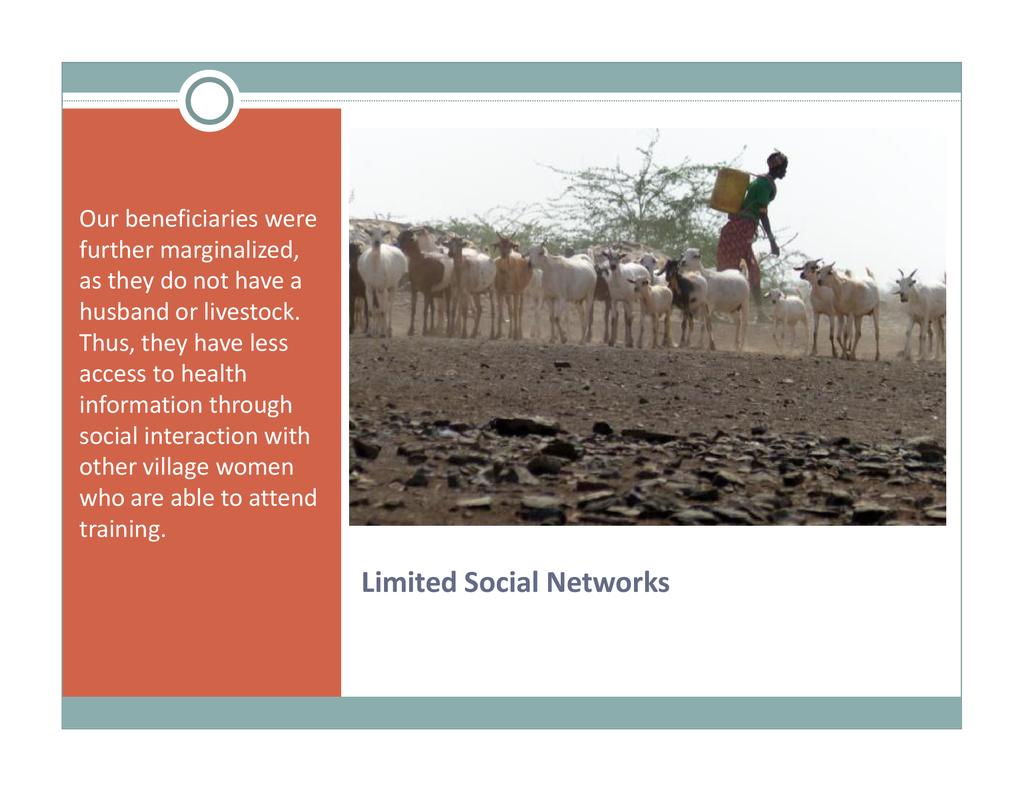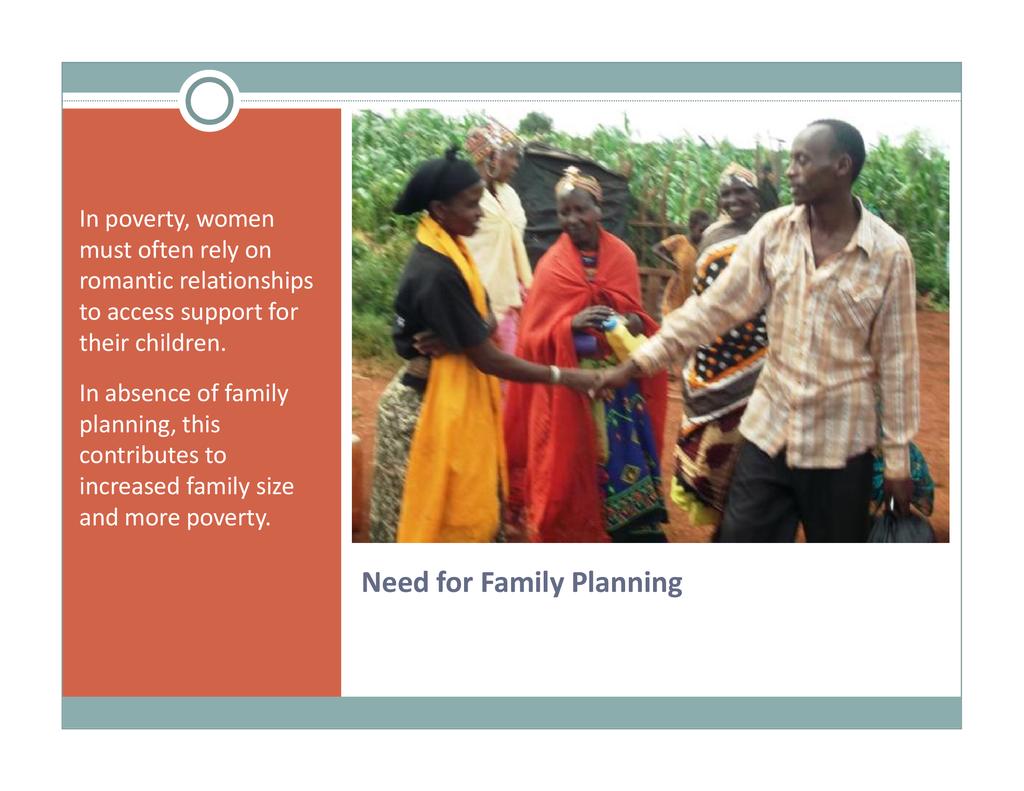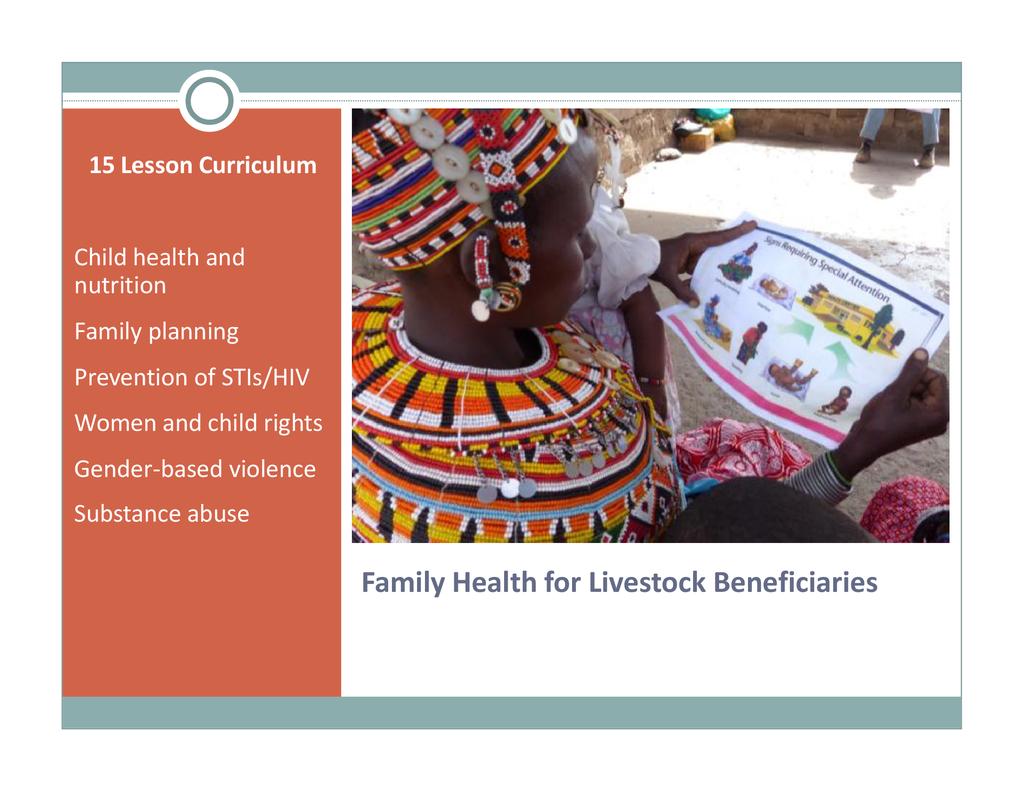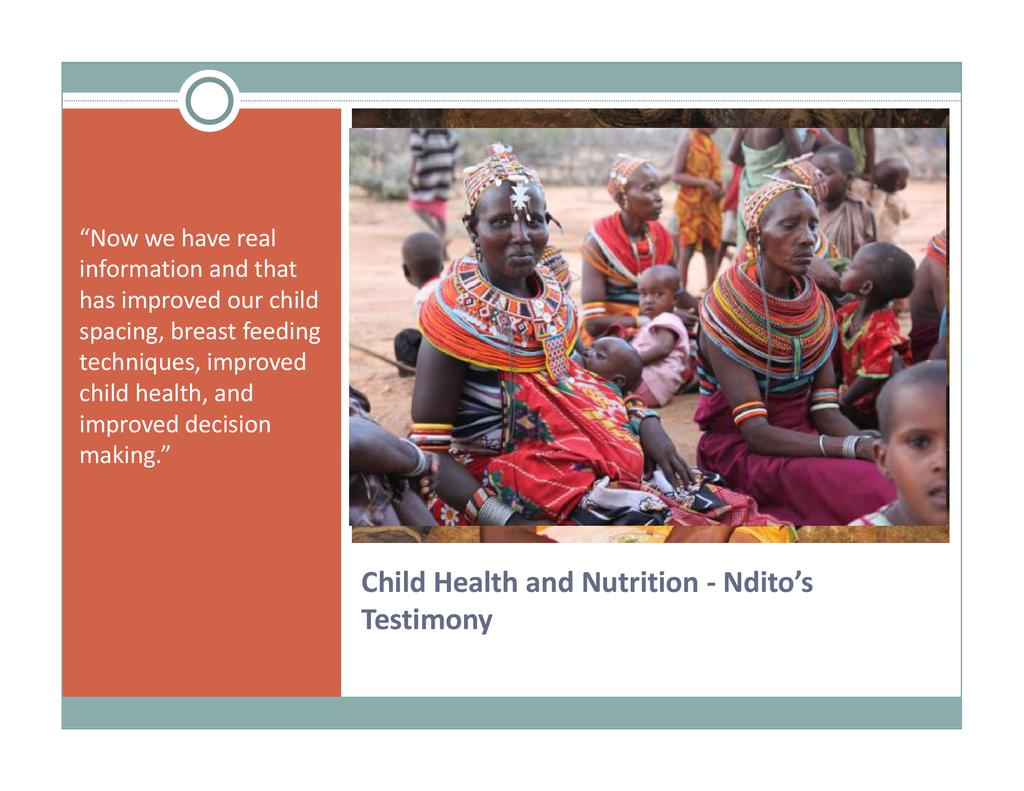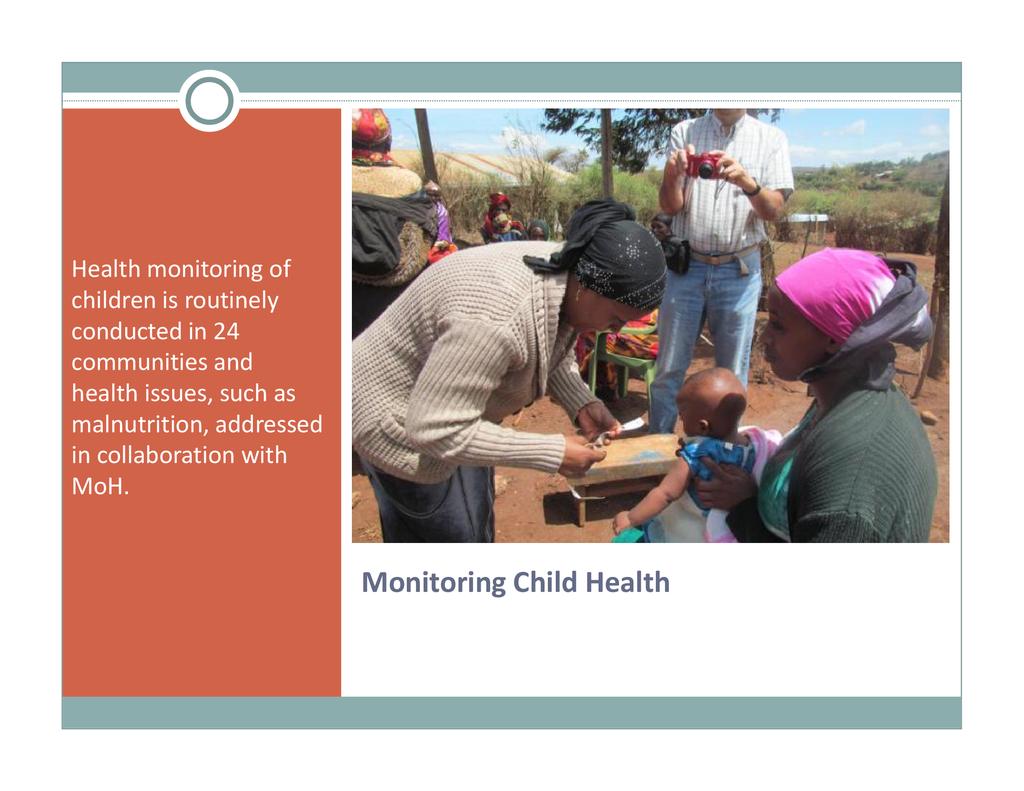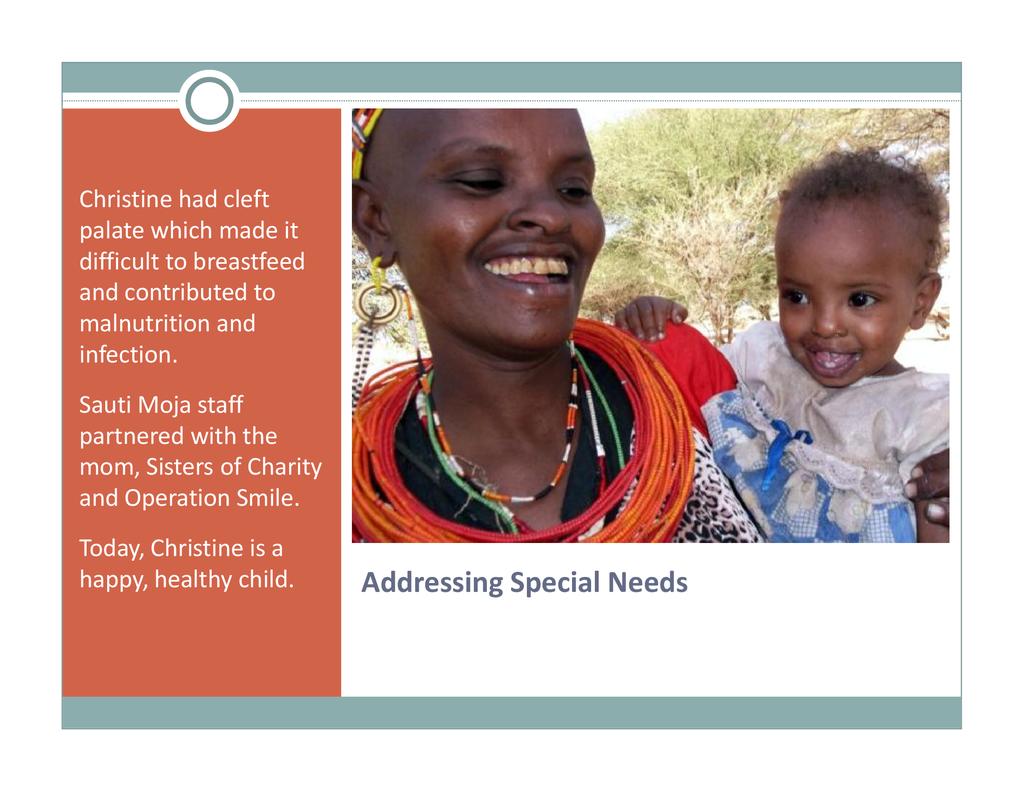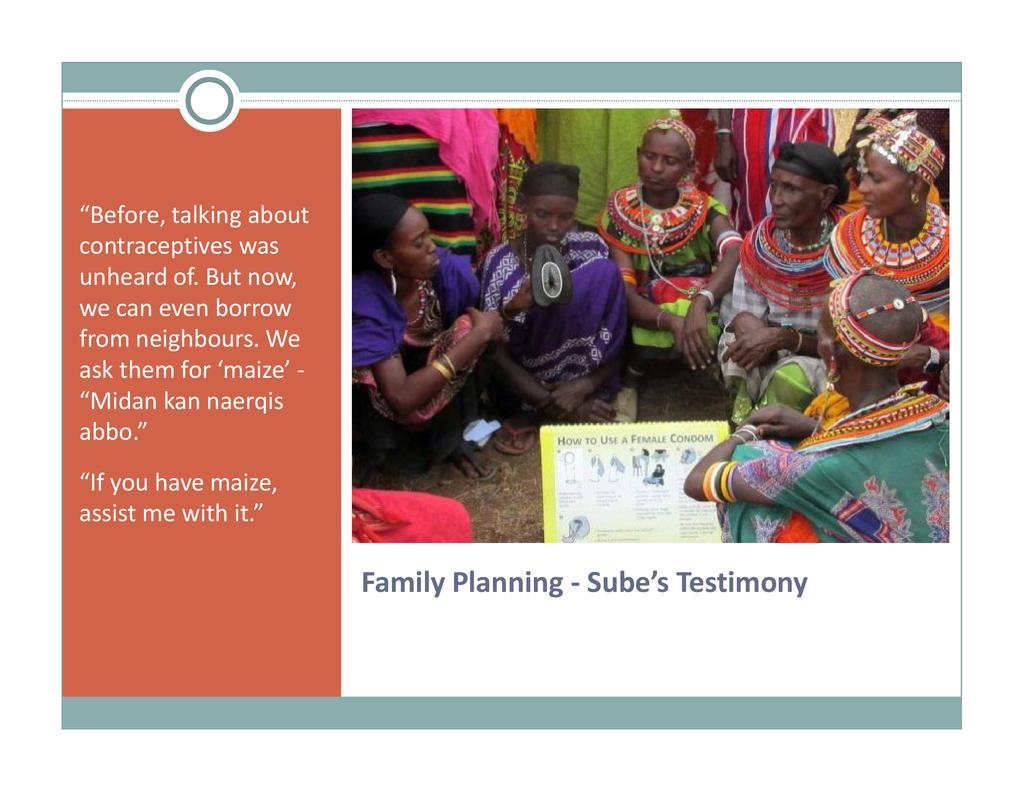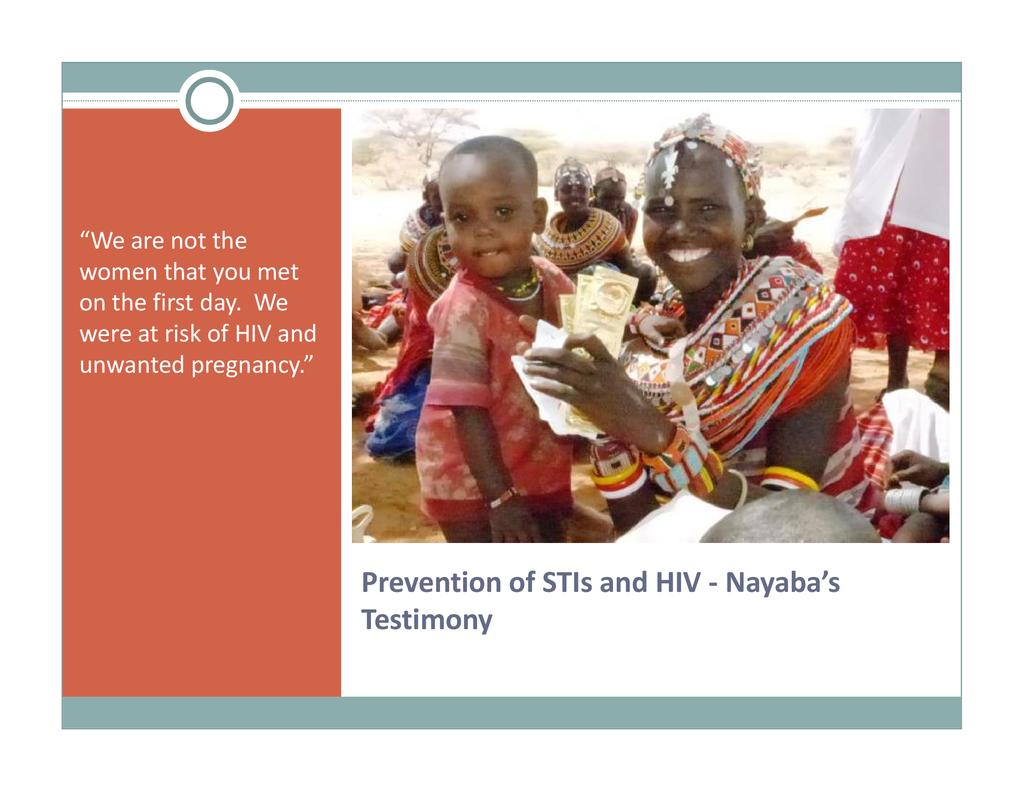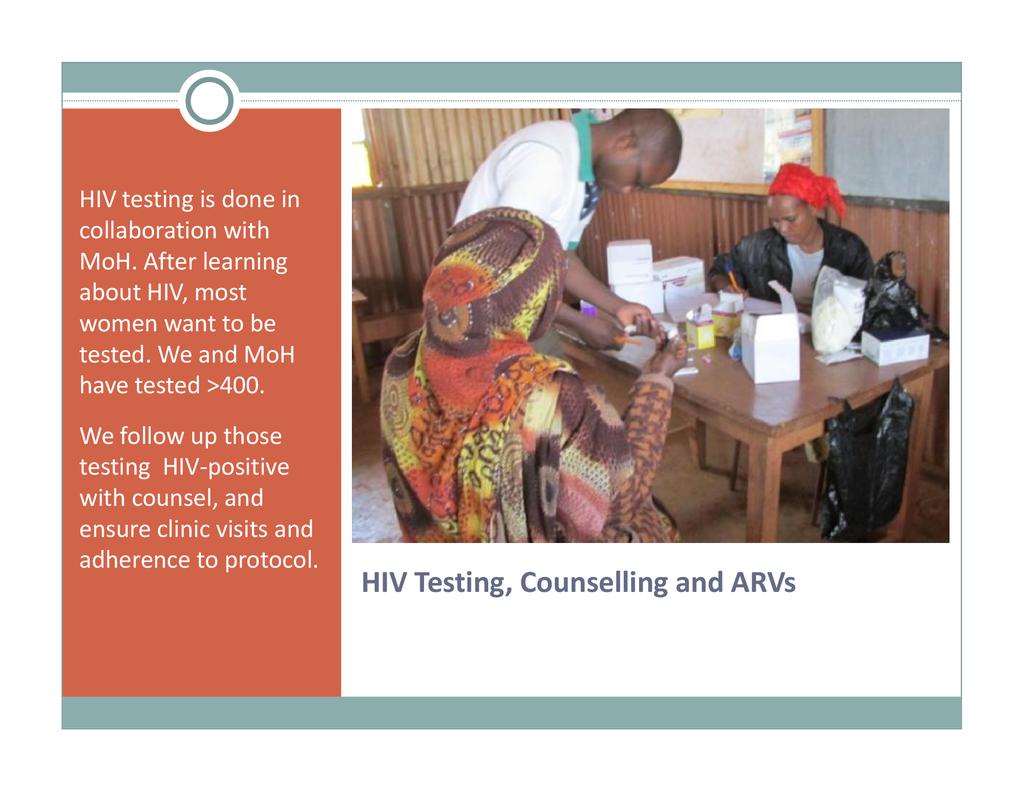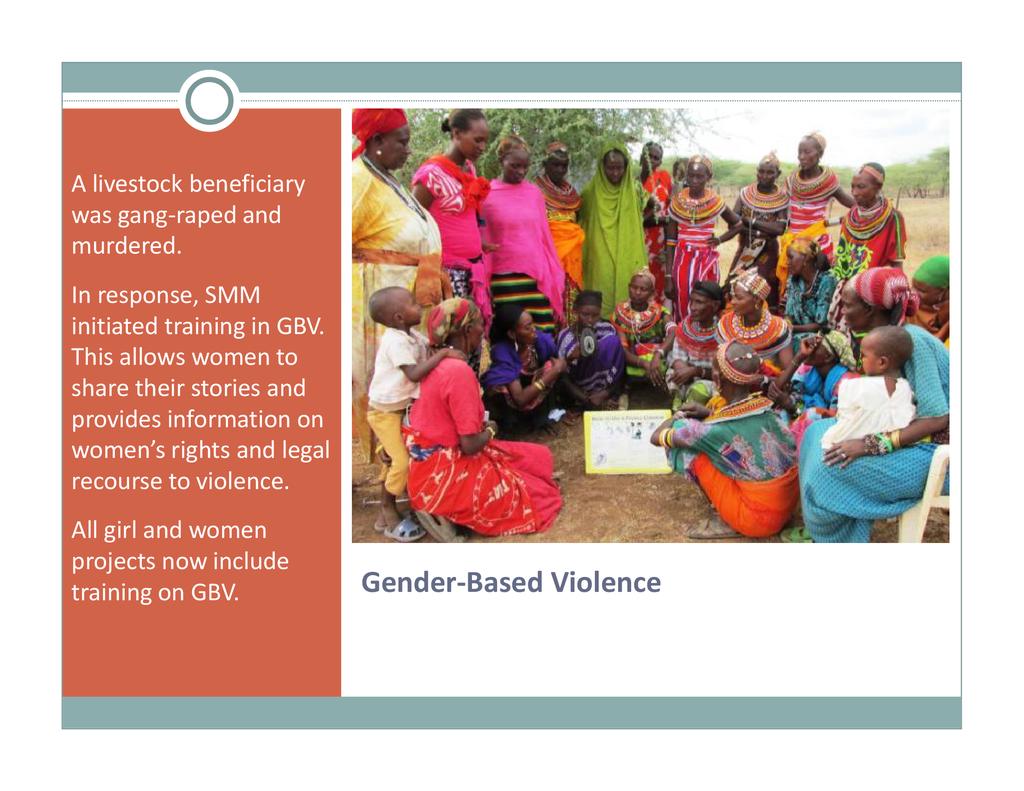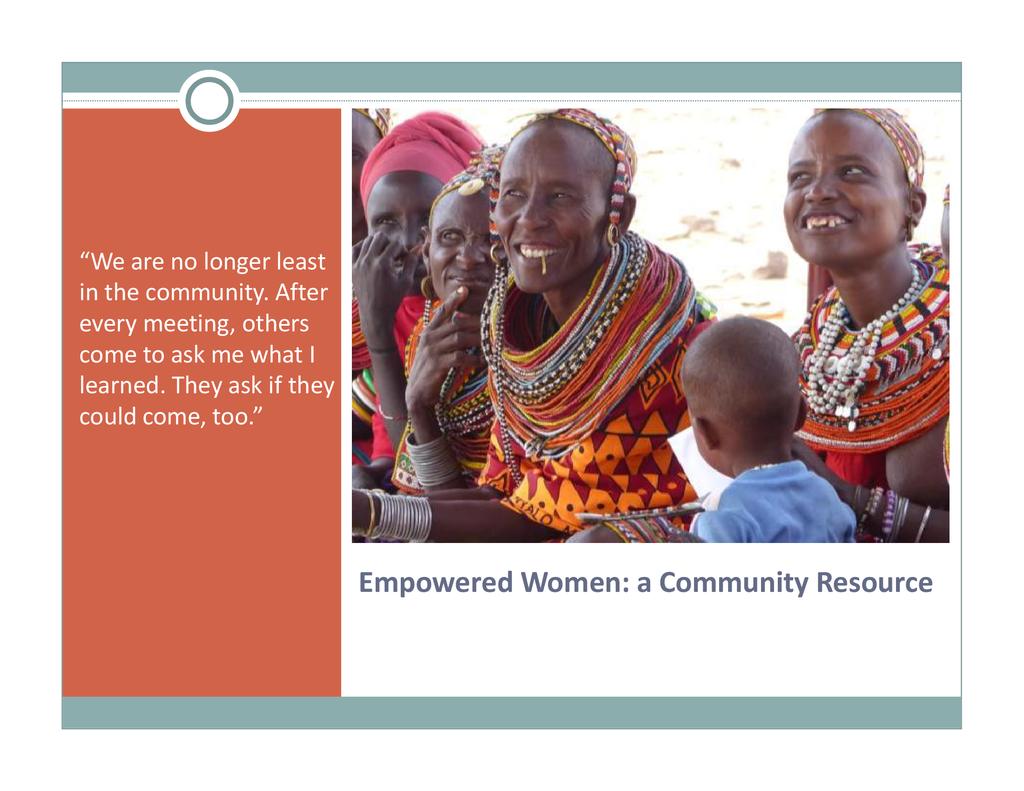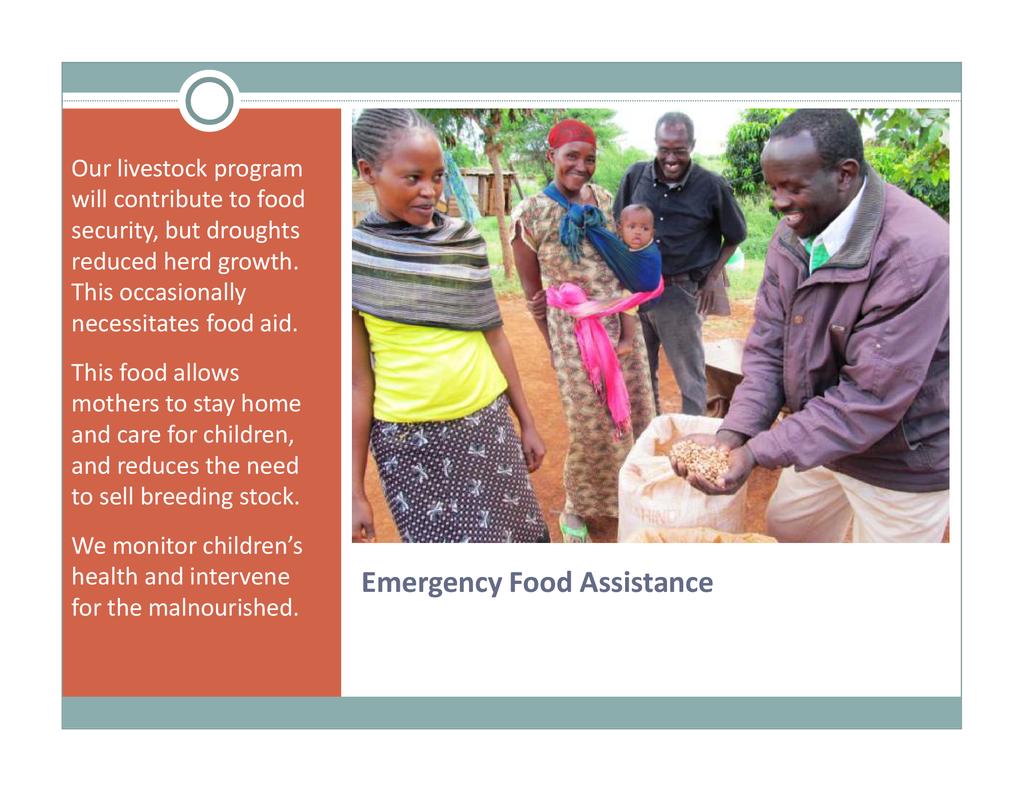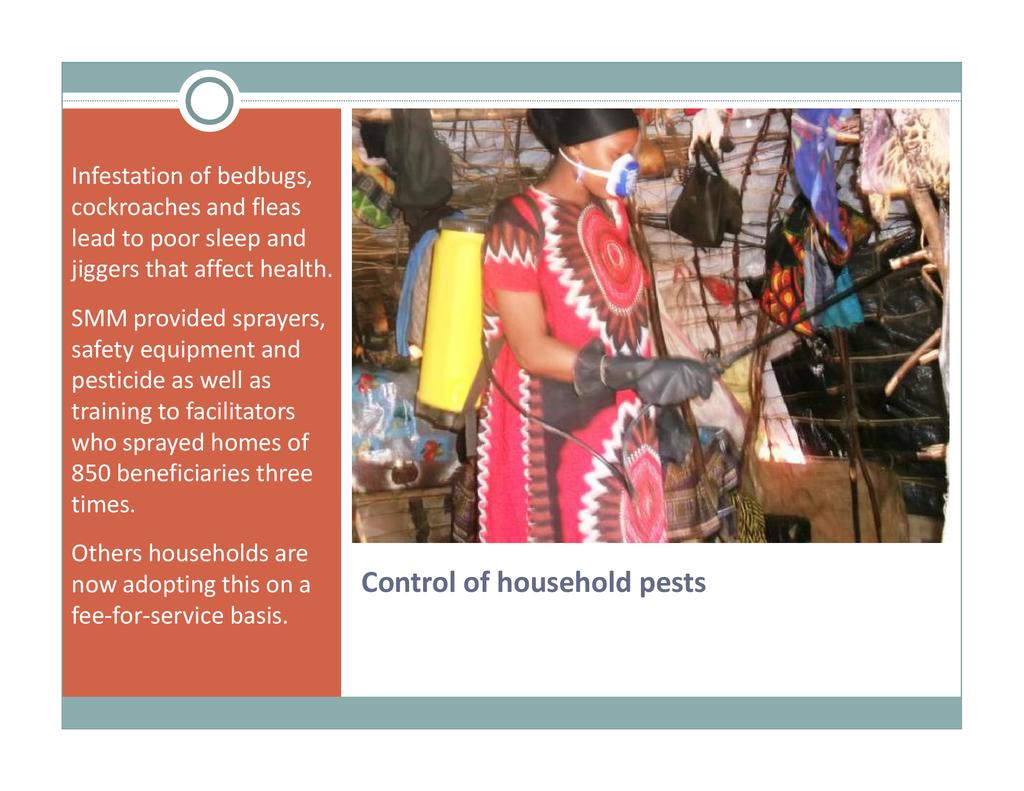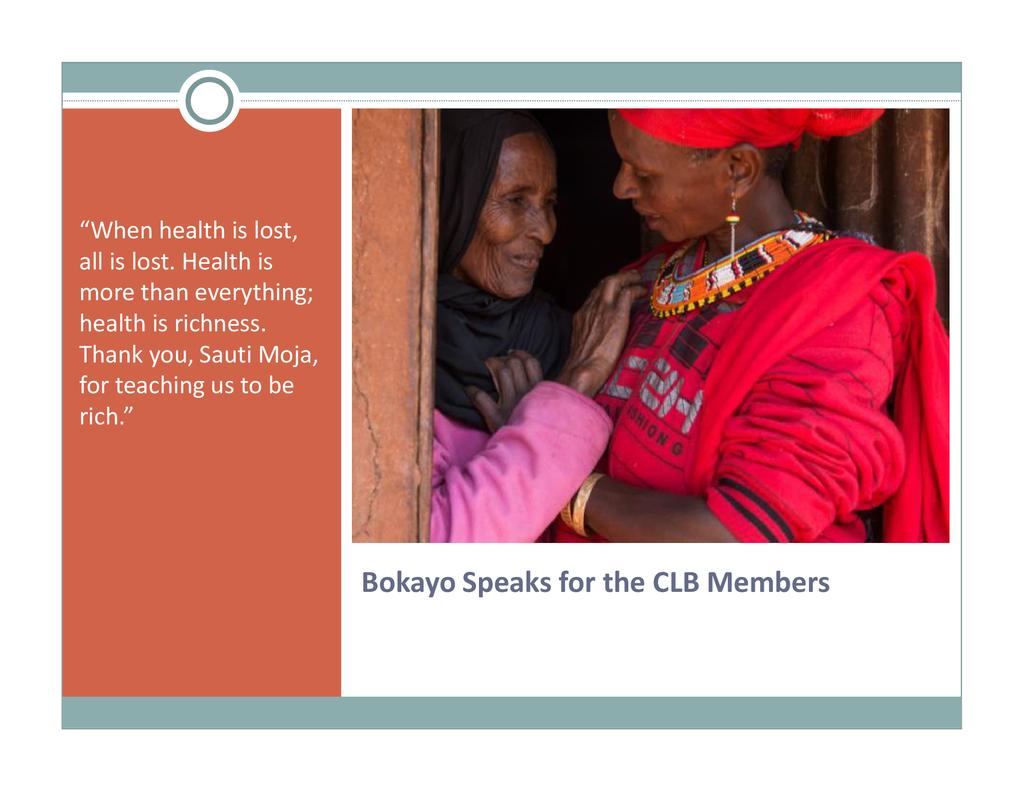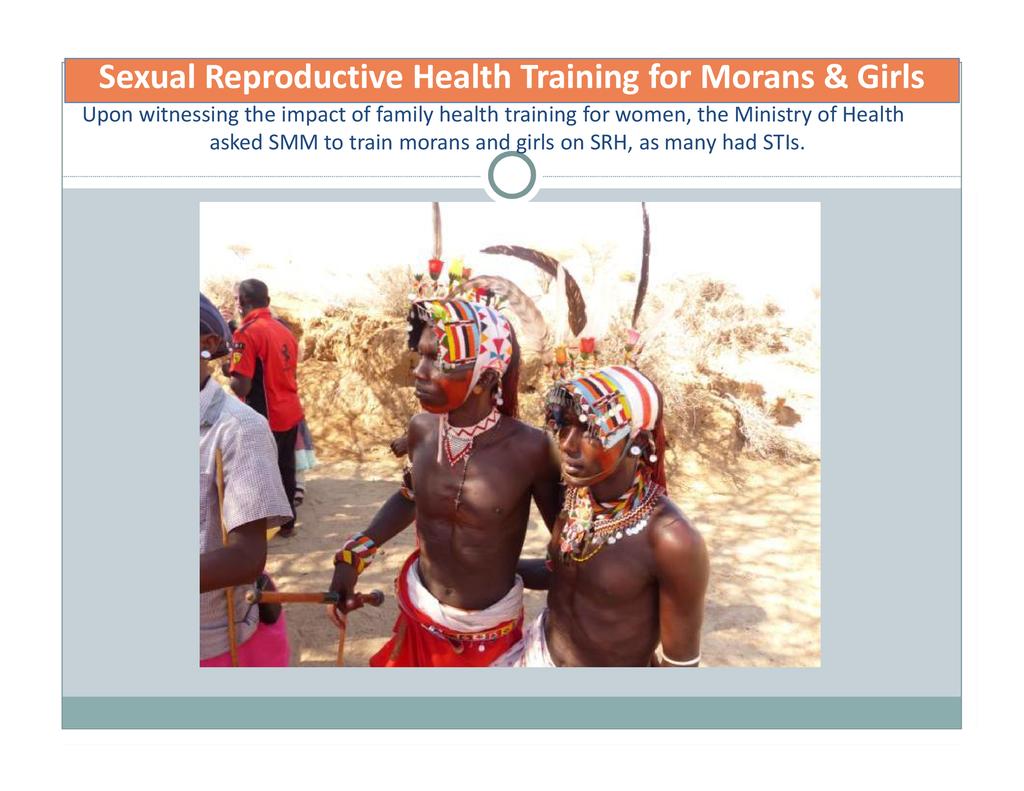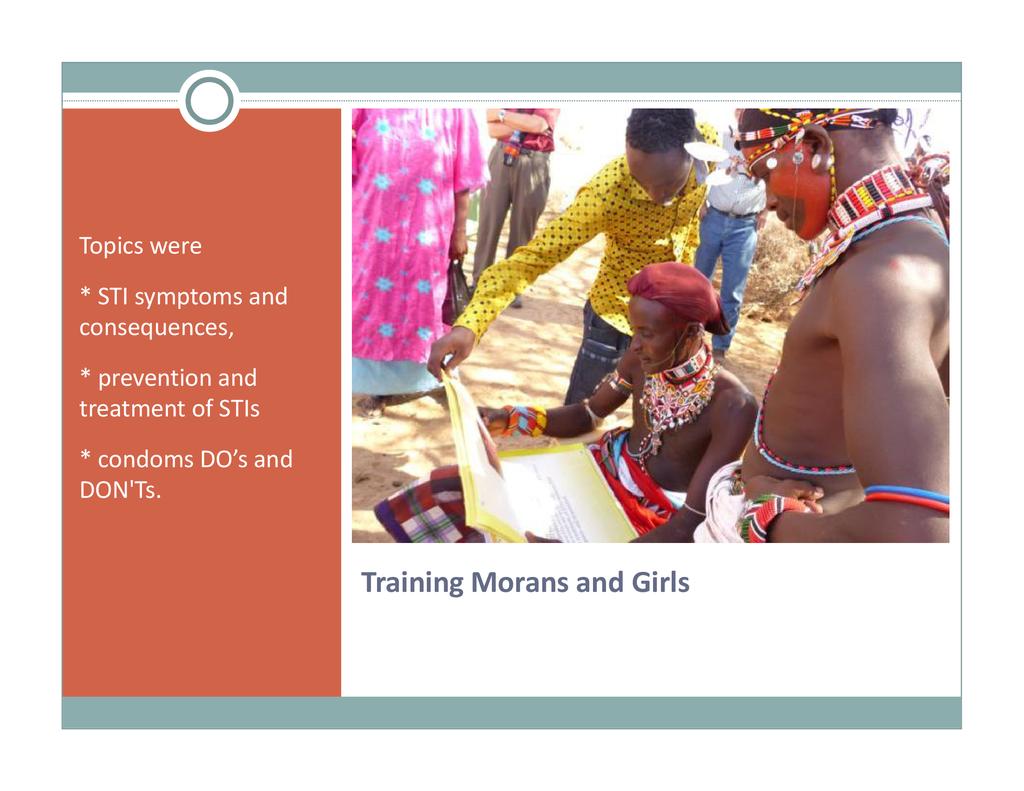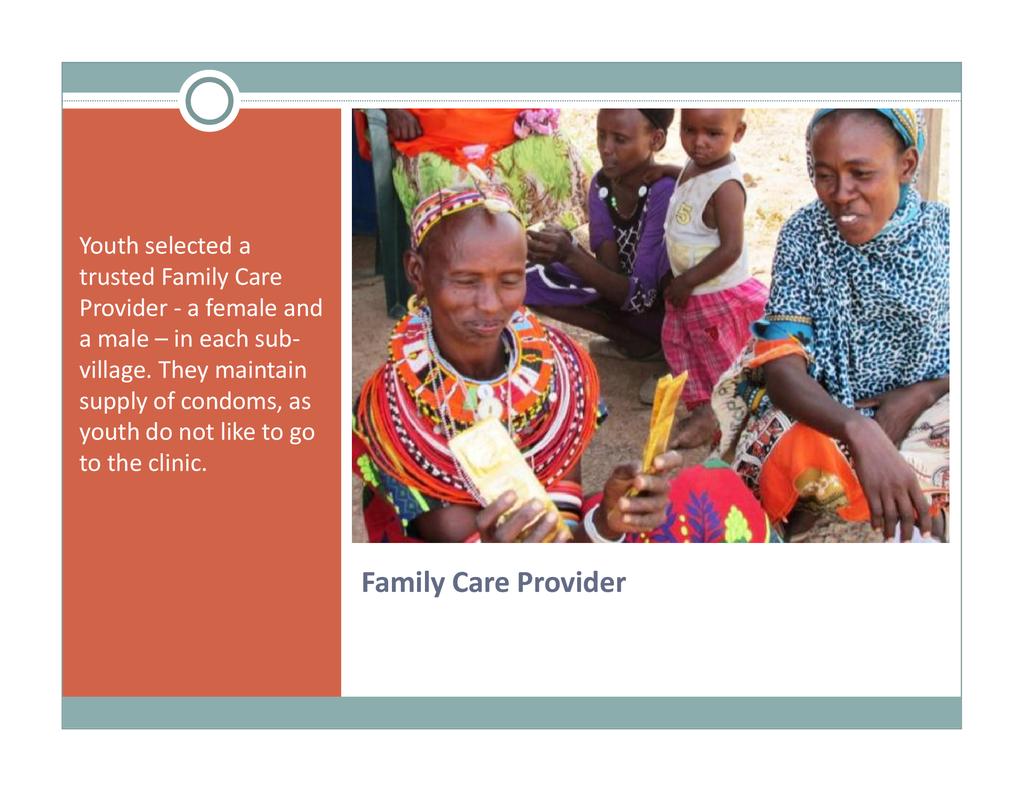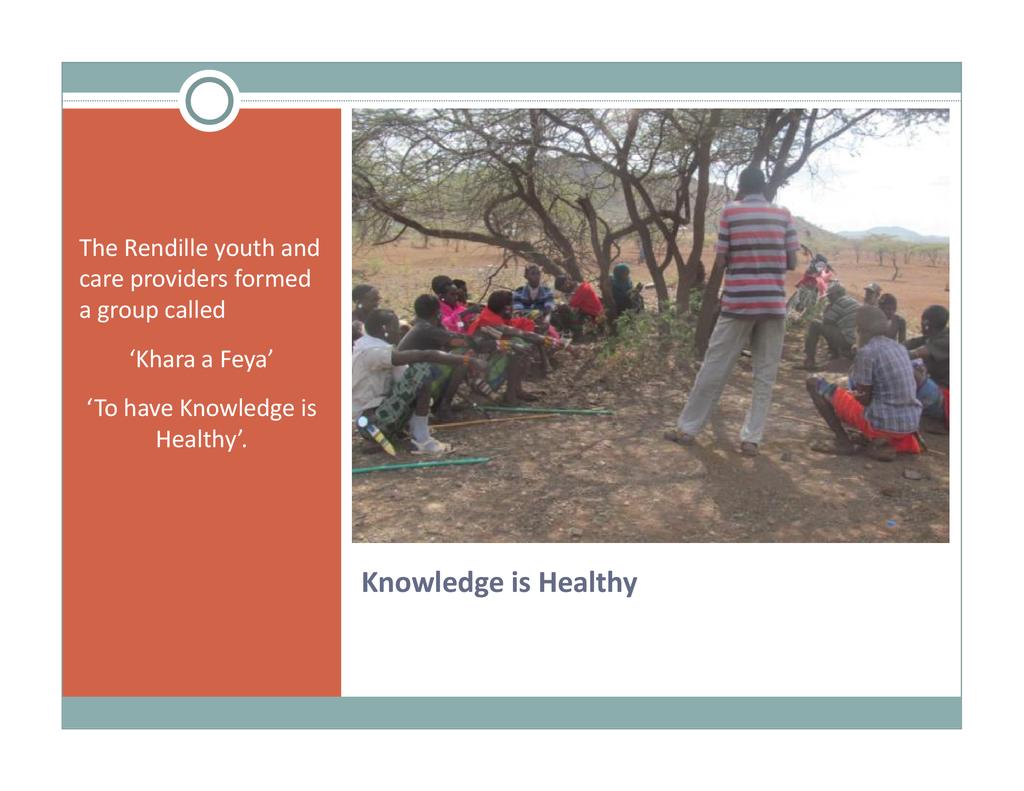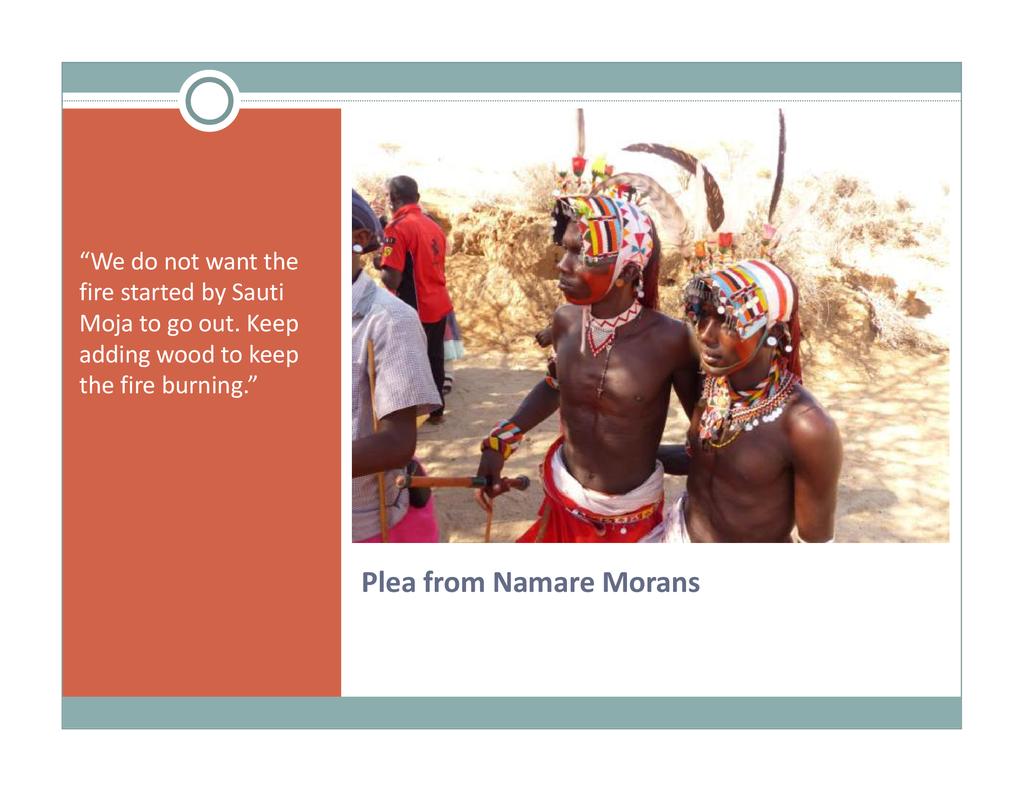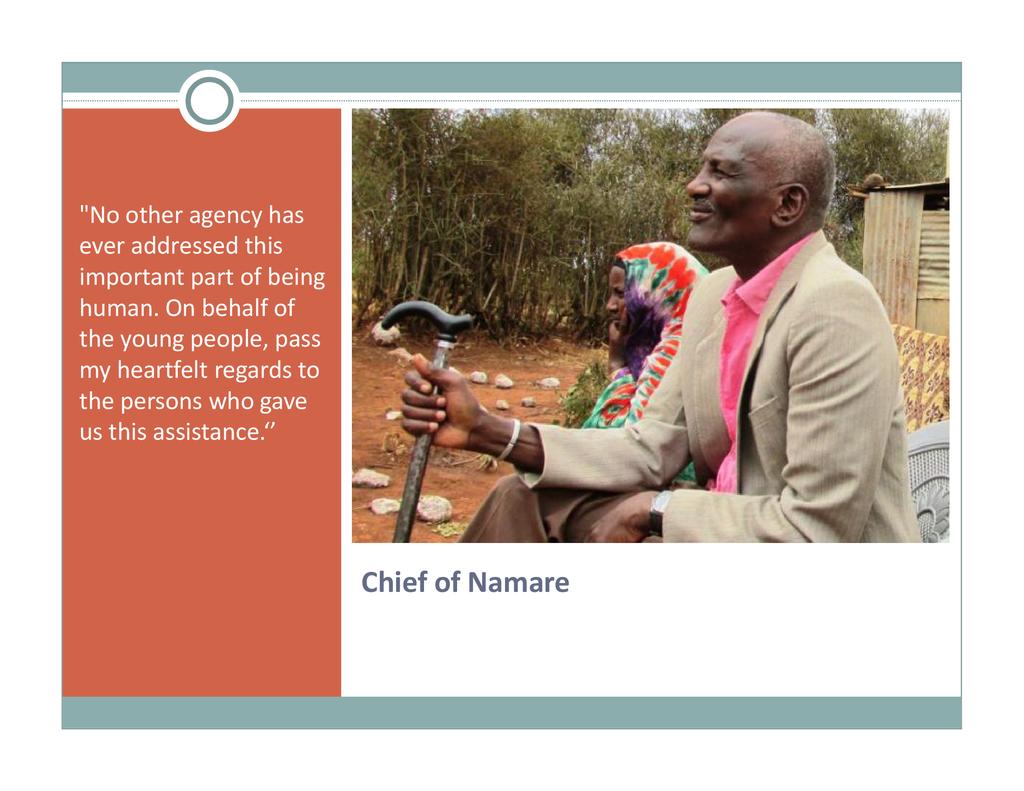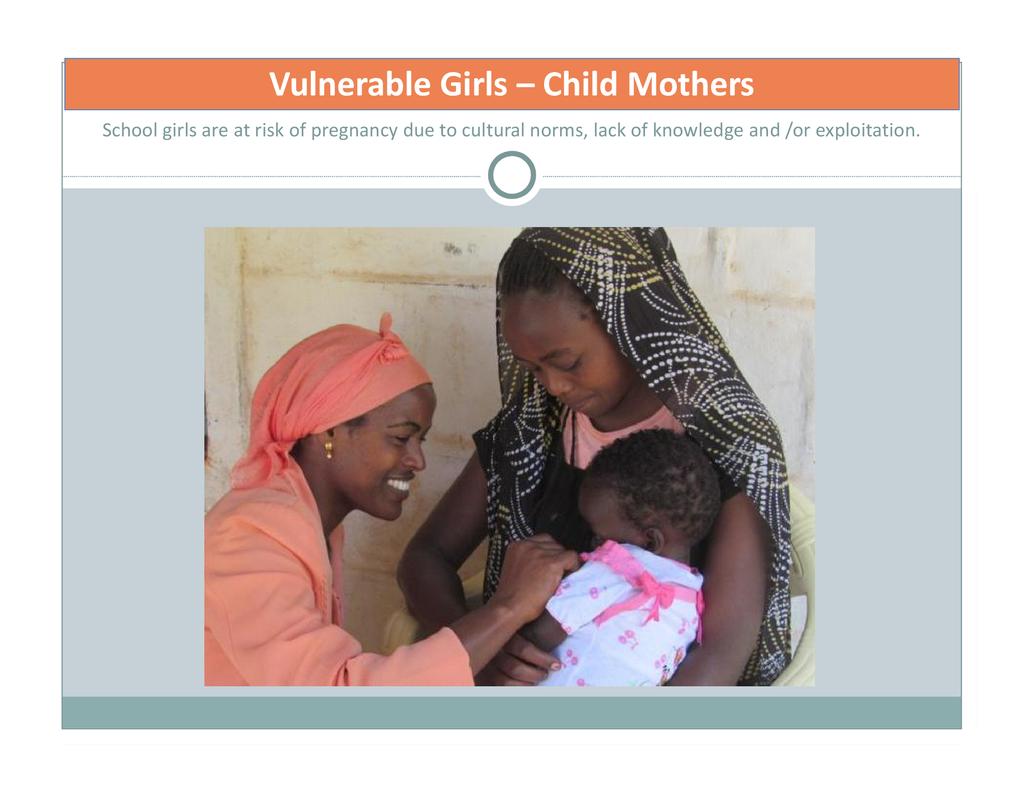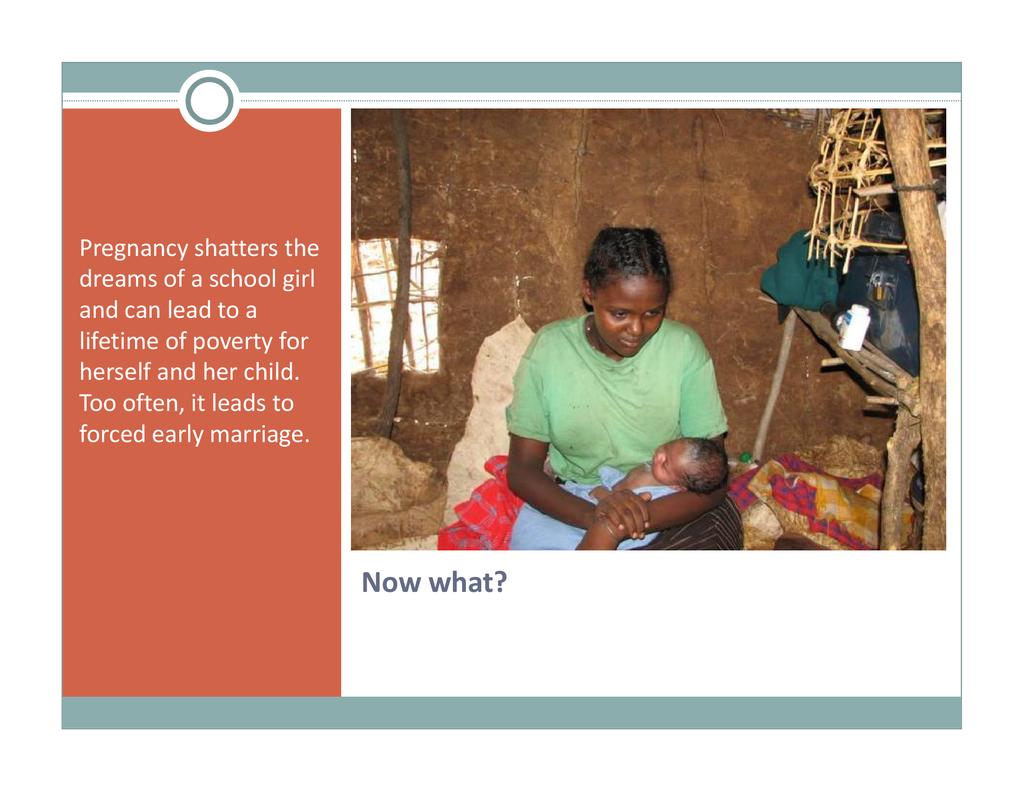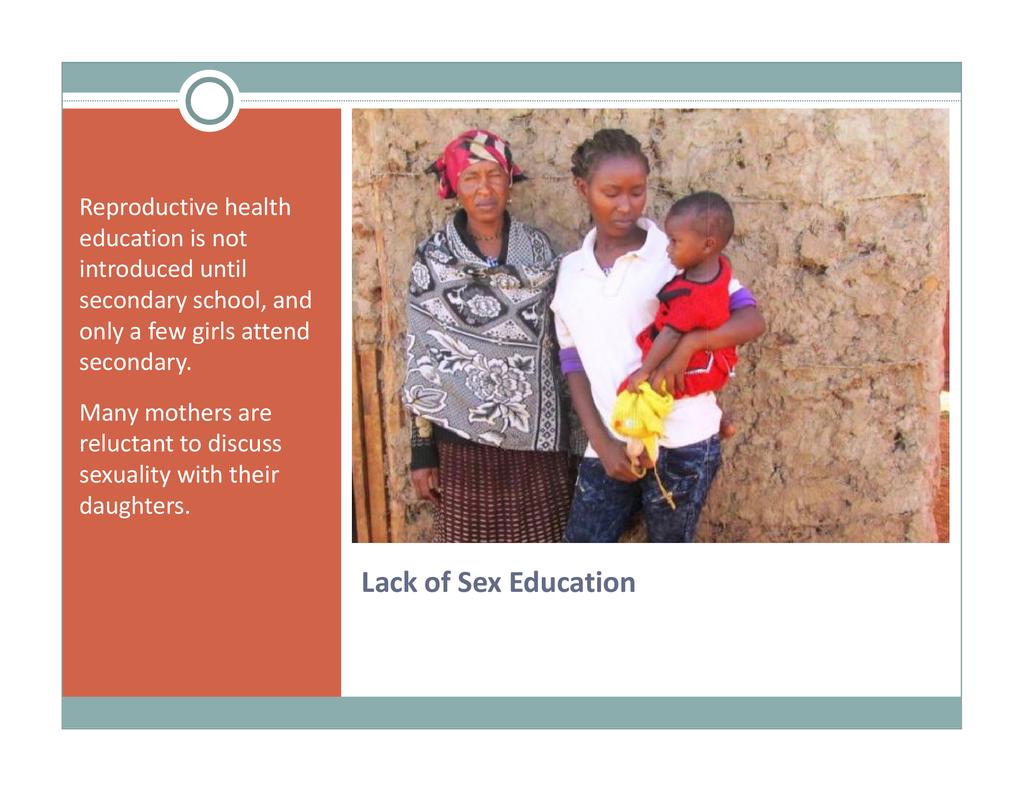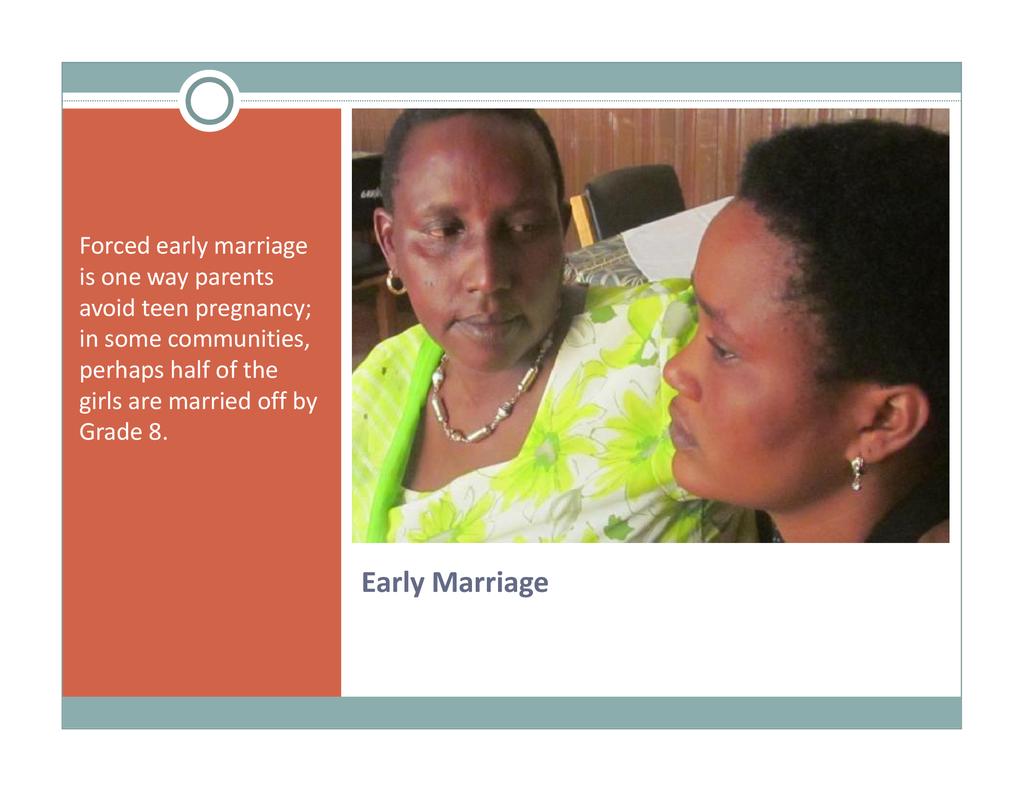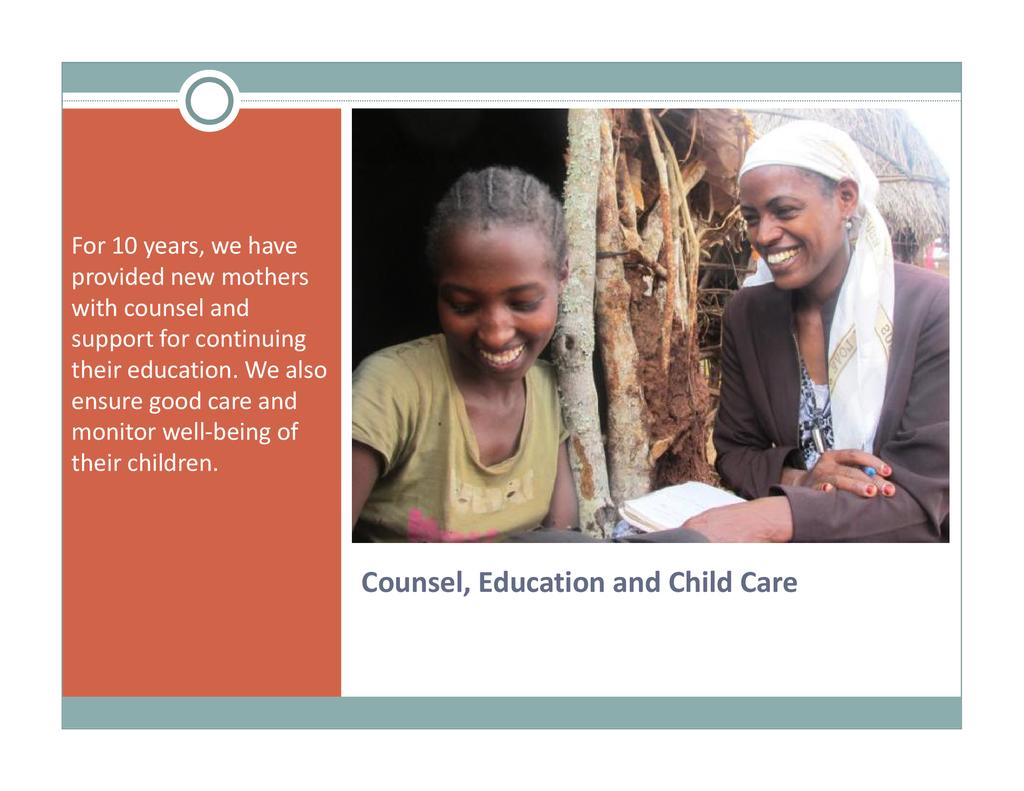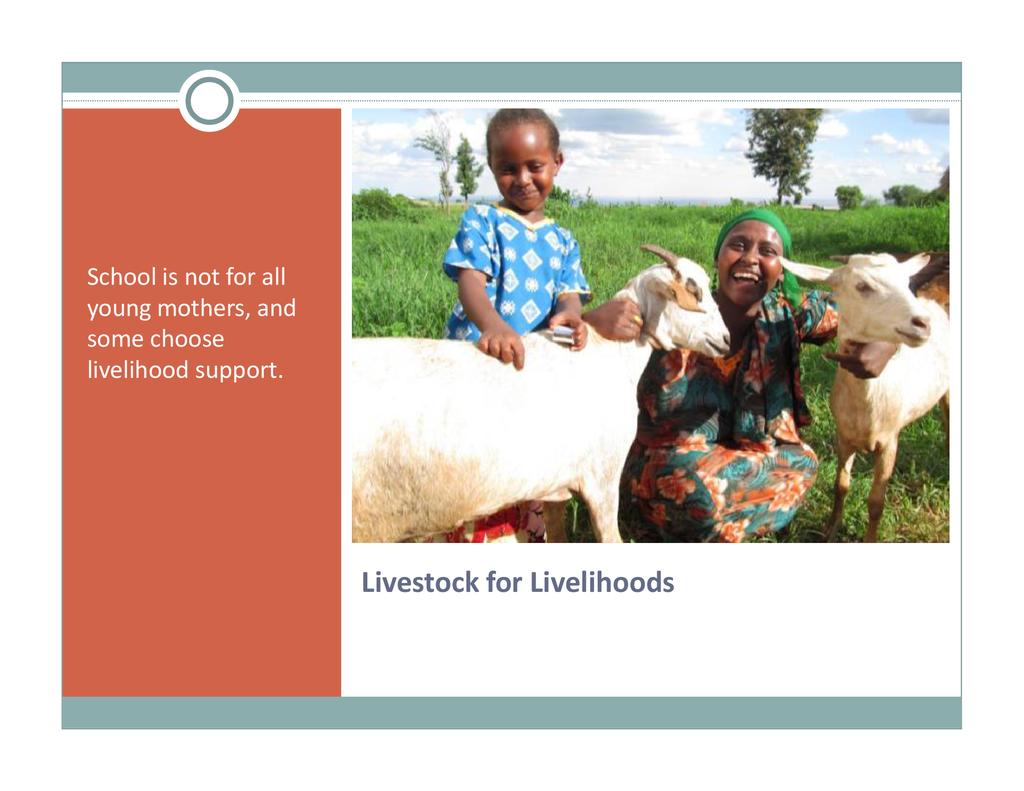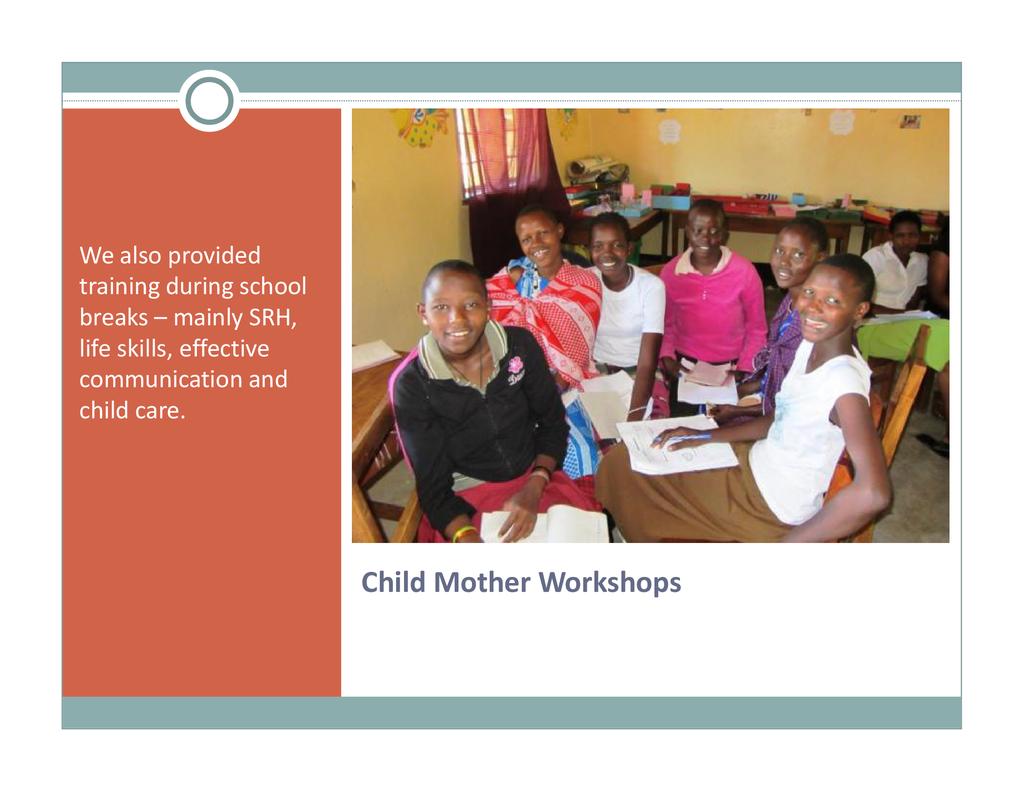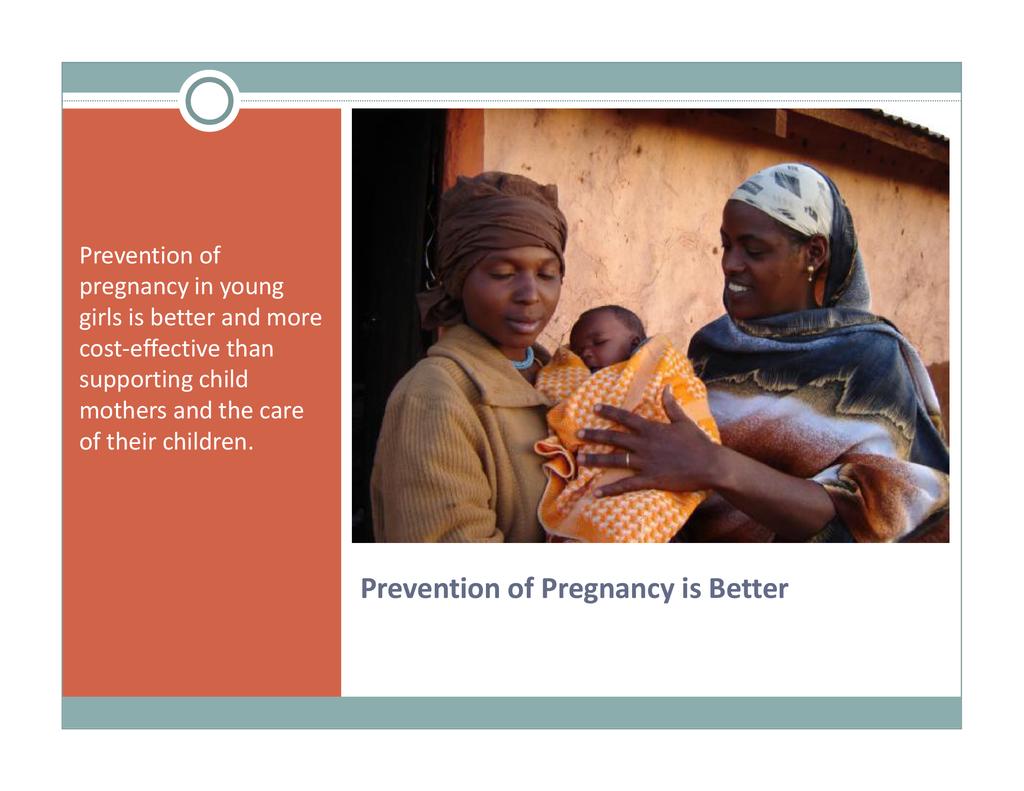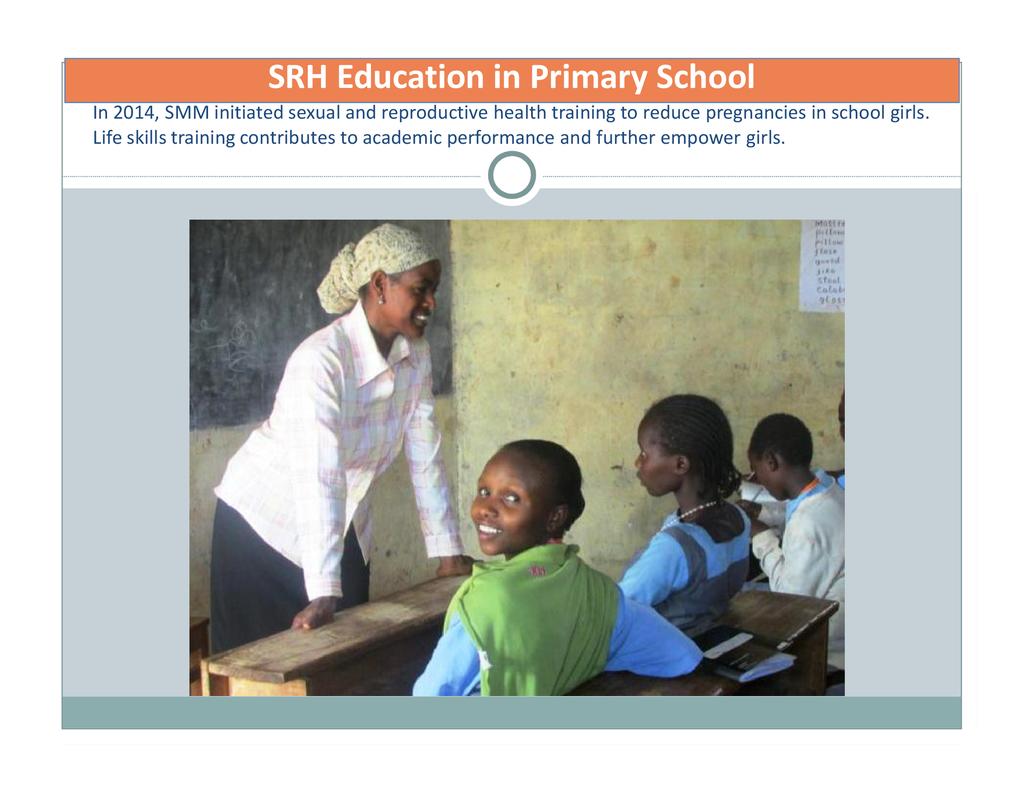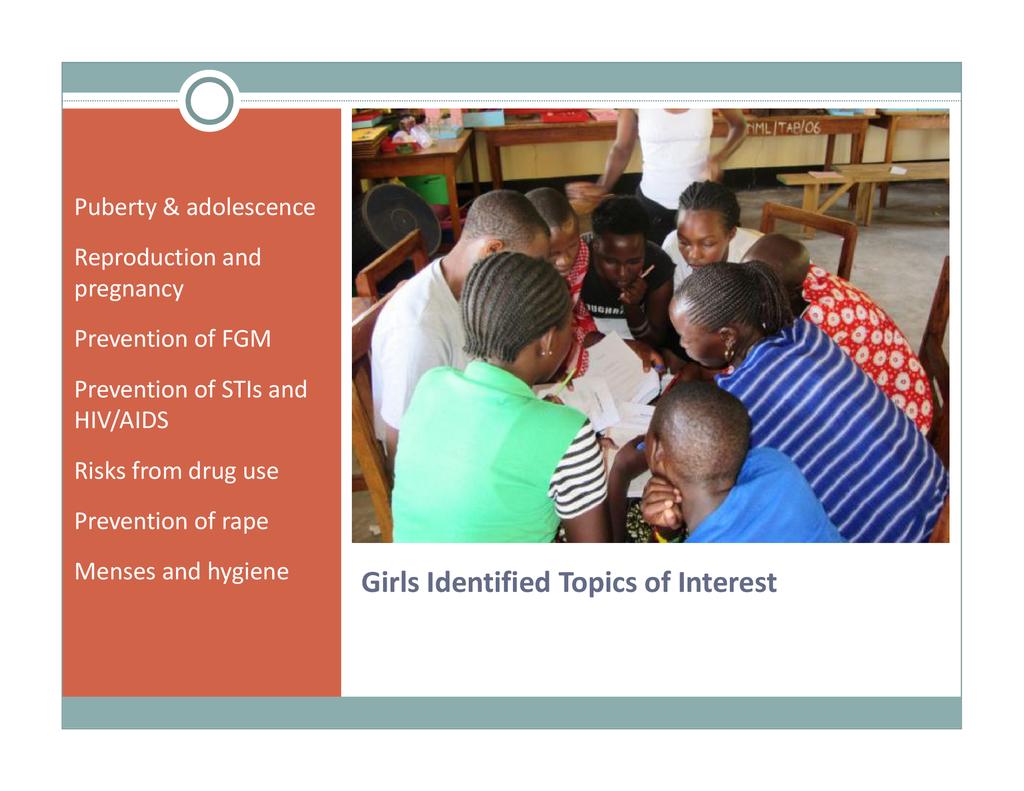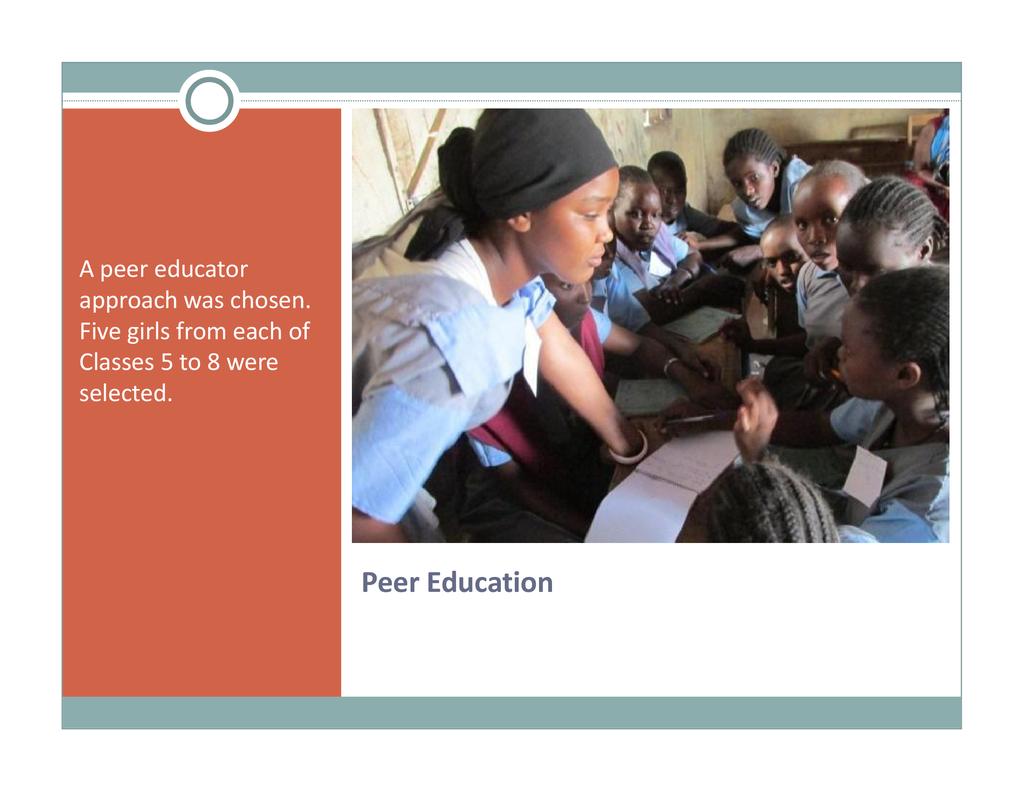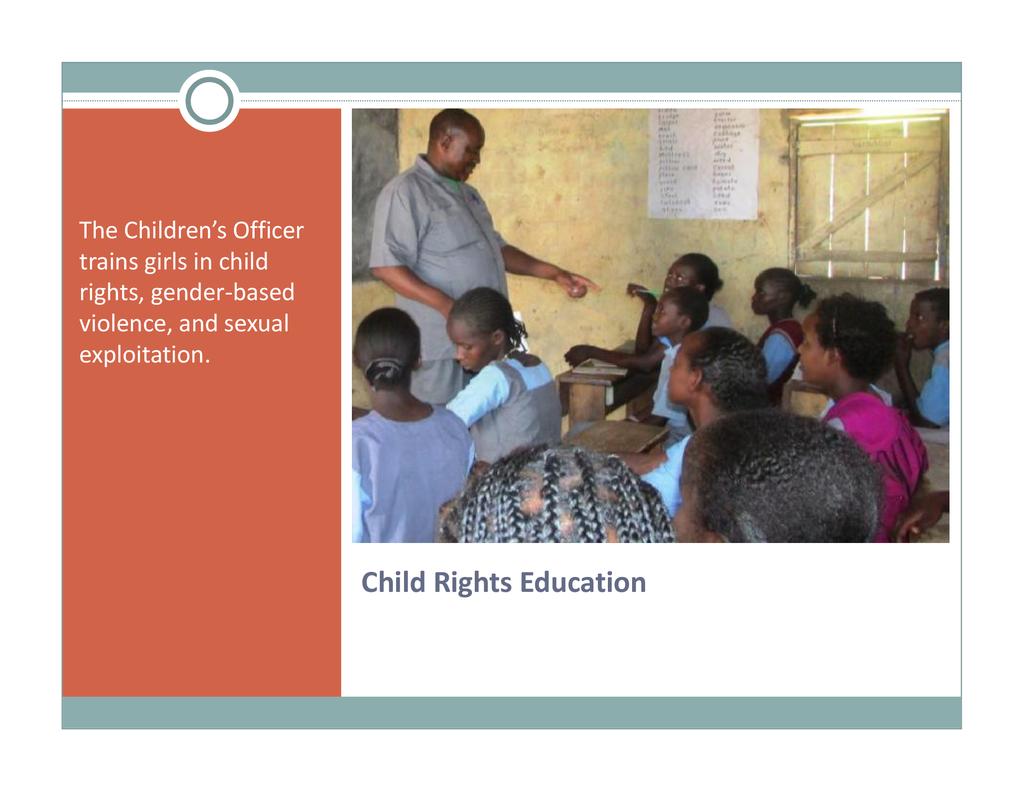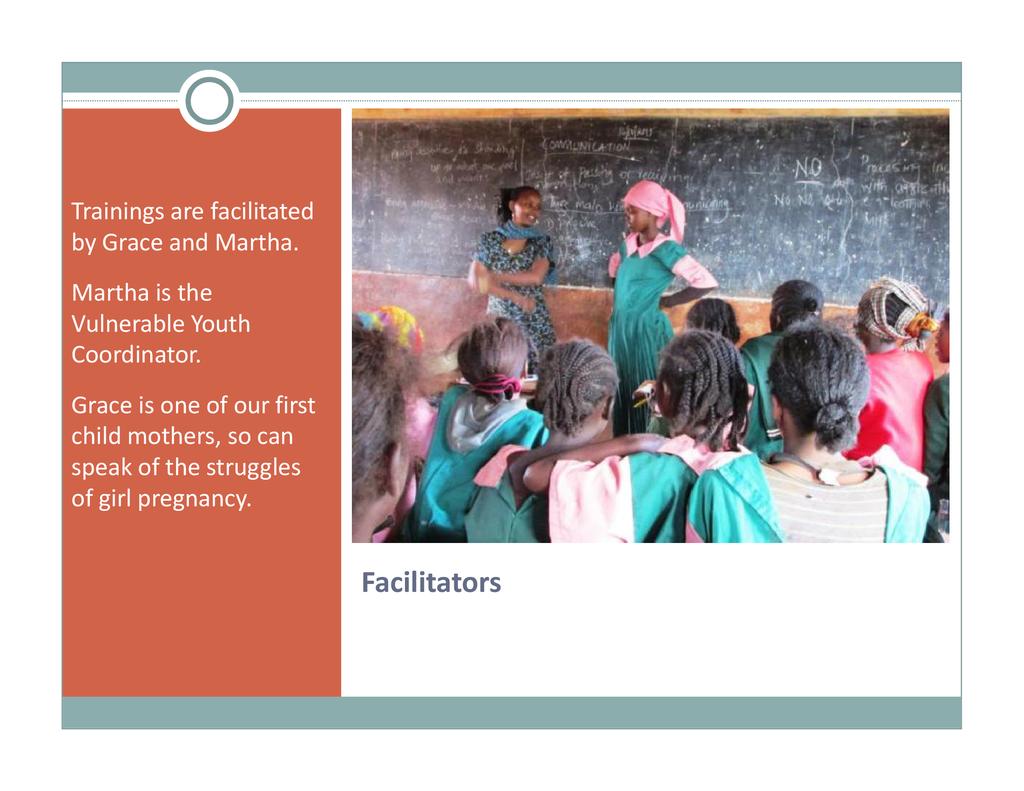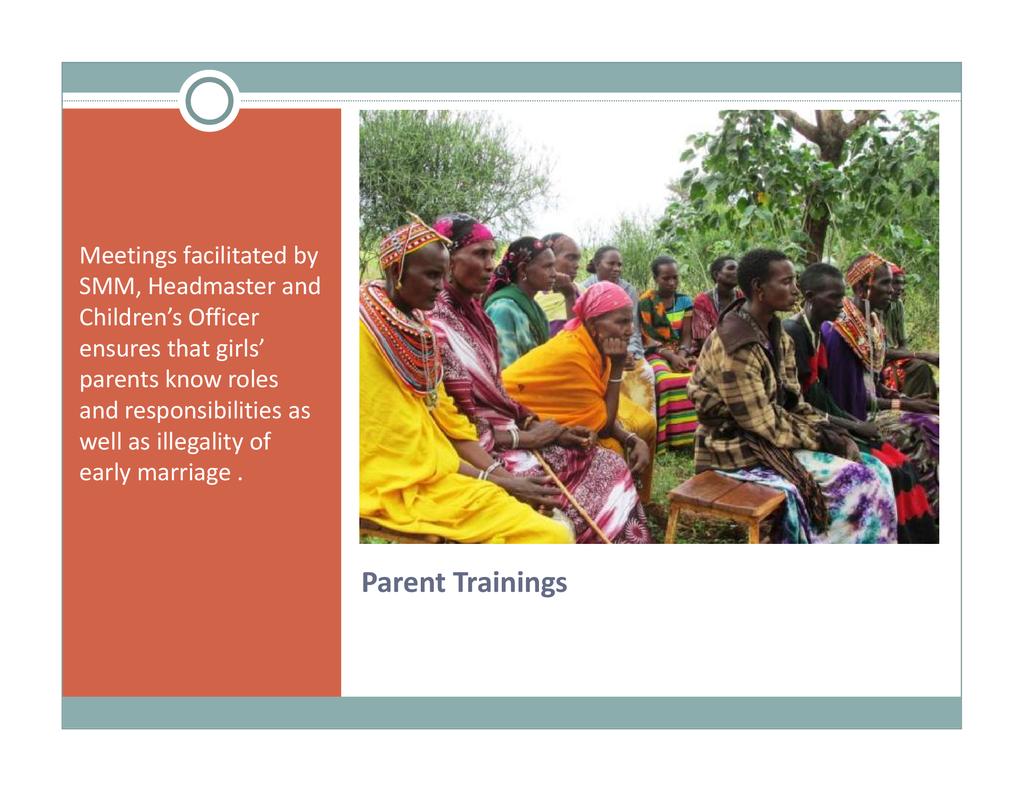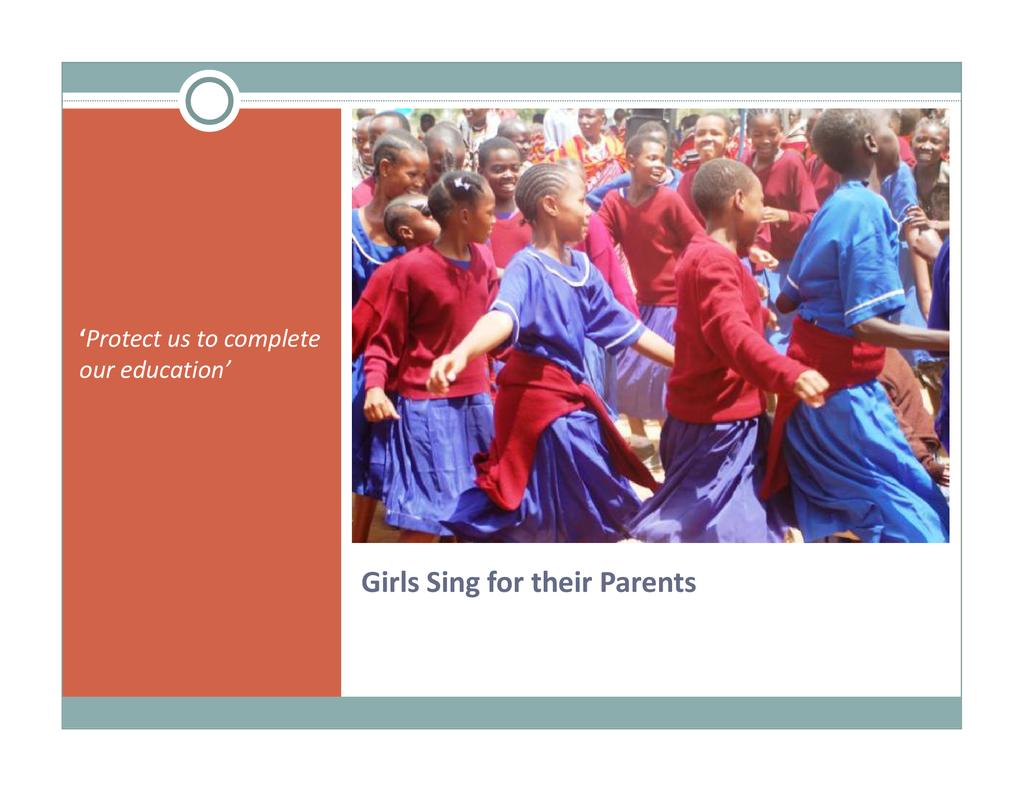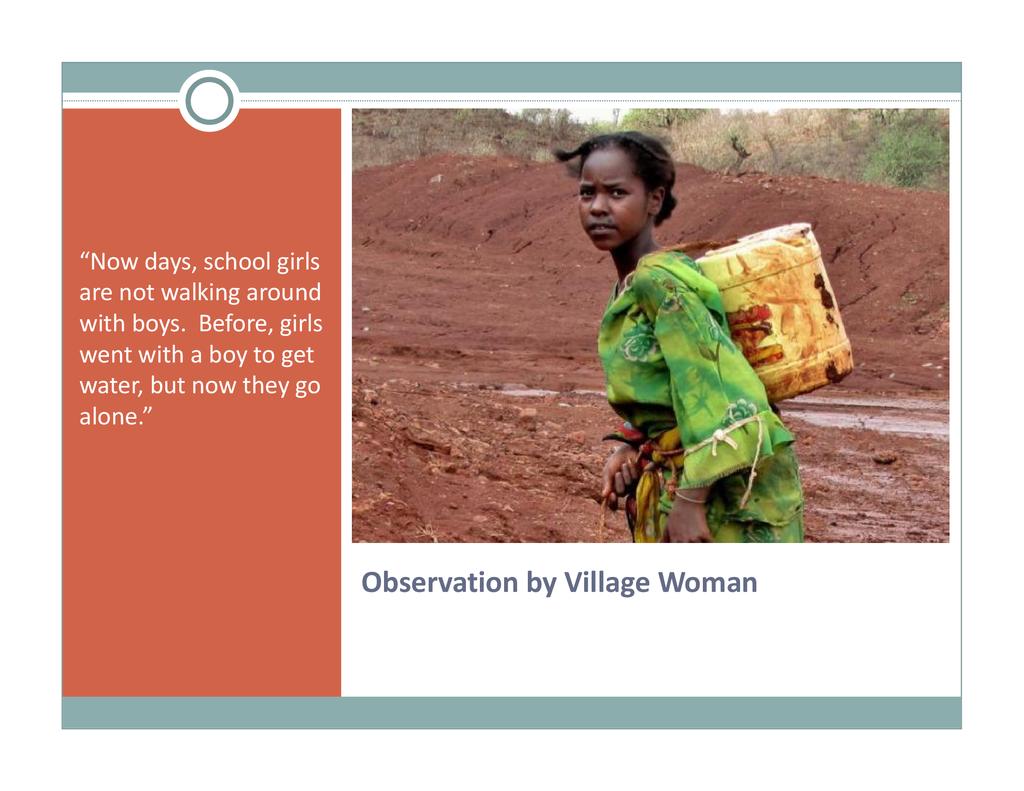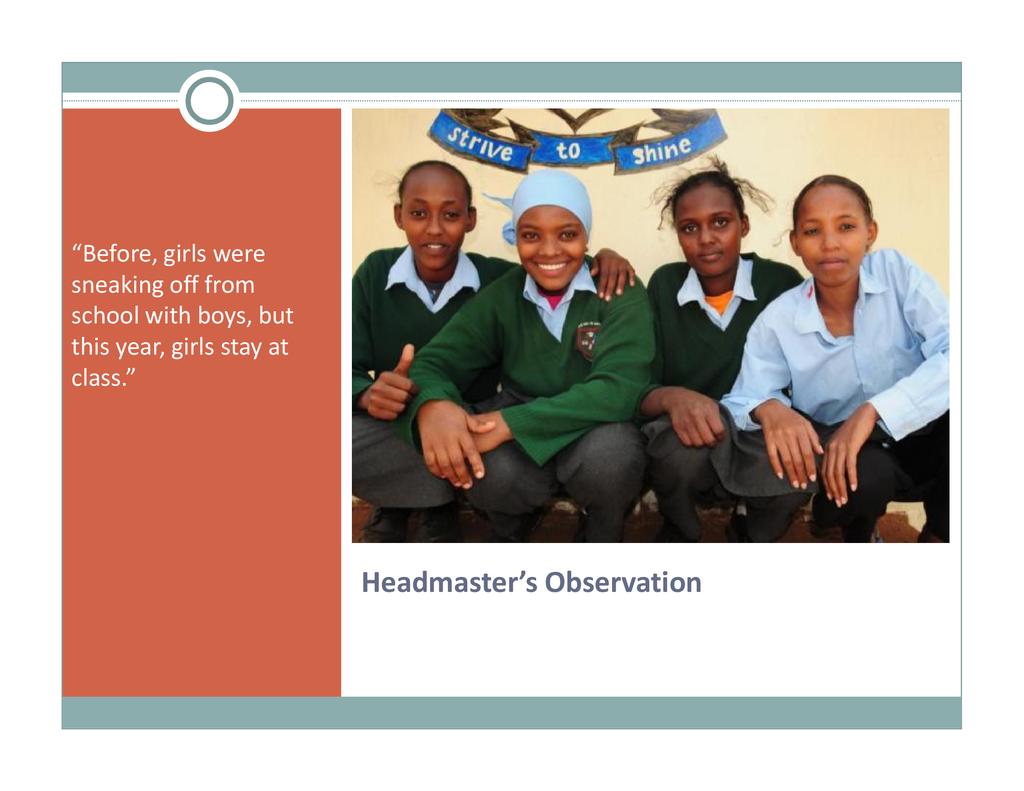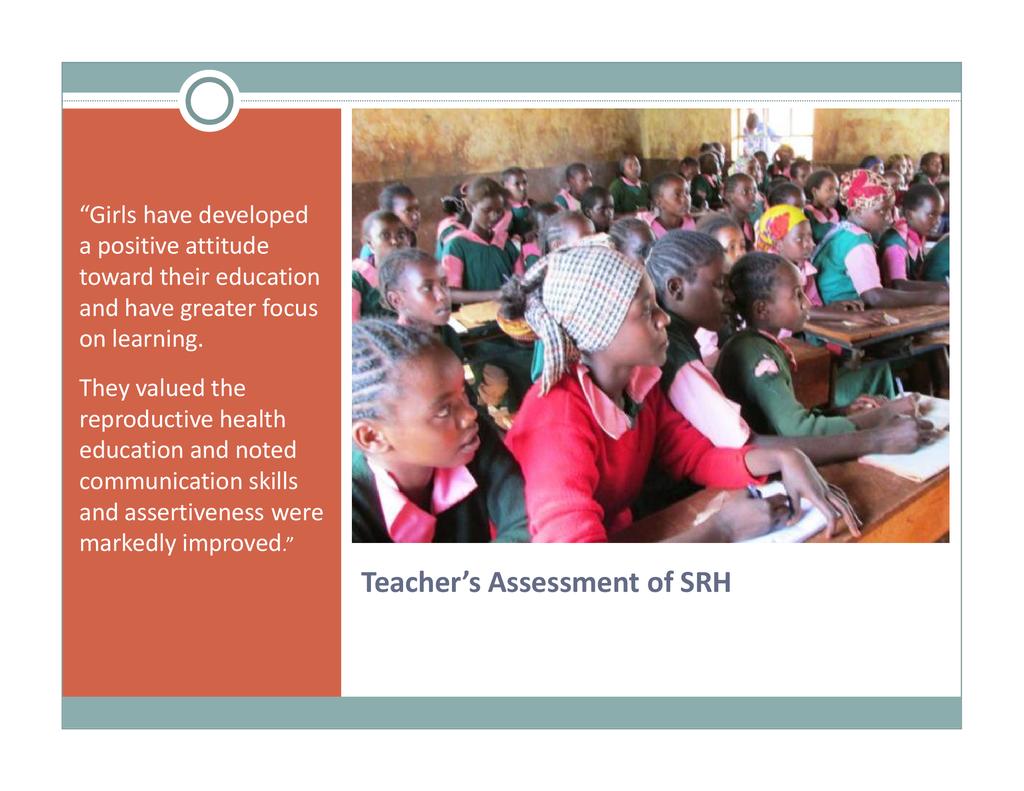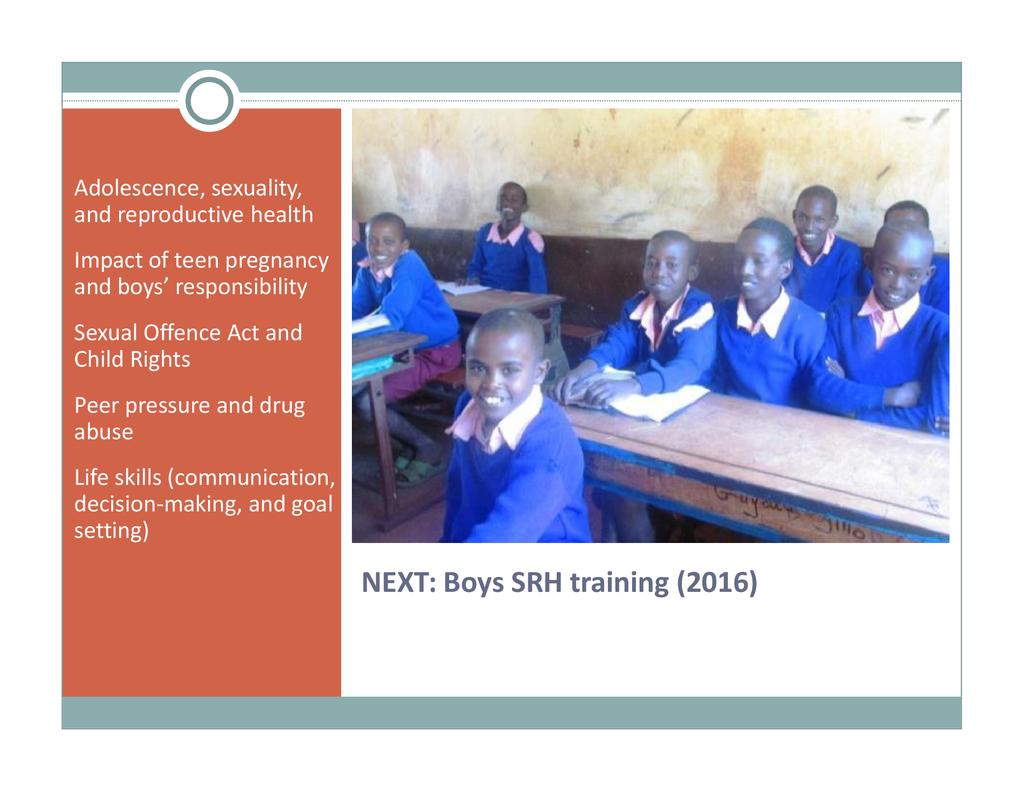主讲人: Fatuma Wako and Martha Bone
活动: 2nd ECHO East Africa Pastoralist Symposium (2016-03-03)
Session: Sauti Moja Marsabit provides livestock to vulnerable female-headed households (widows and single pastoralist mothers) which contribute to food security. We also provide young mothers who have been chased from school due to pregnancy with an opportunity to pursue an education that will enable them to support their child. This session describes our complementary family health project that empowers these marginalized pastoralist women and girls. They receive training in family planning, birth control, child health and nutrition, prevention of STIs, gender-based violence, women and child rights, child protection, life skills and decision-making, etc. As such, these womenare able to manage family health better and become a public health resource in remote communities.
Biographical data: Fatuma Wako and Martha Bone of Marsabit, Kenya Fatuma Wako is the Family Health Coordinator of Sauti Moja Marsabit. Her training is in community health, and she has many years of health and nutrition training and monitoring in remote pastoralist communities. She provides training and health support for the vulnerable women and children in the 20+ community livestock banks that have been established as well as to rural young men and girls who have not attended school. Martha Bone is a founder of the Child Mother Program of Sauti Moja Marsabit which targets school girls who have been ostracized and unable to continue their education due to pregnancy. She was trained in community health and social work, and has many years of experience in school and community health. Her passion is vulnerable young girls and women whom she trains and mentors. (In addition, she is Program Coordinator of the 1000 Widows Initiative.)

